

We’re excited to be welcoming the following speakers to our conference…
Keynote Speakers
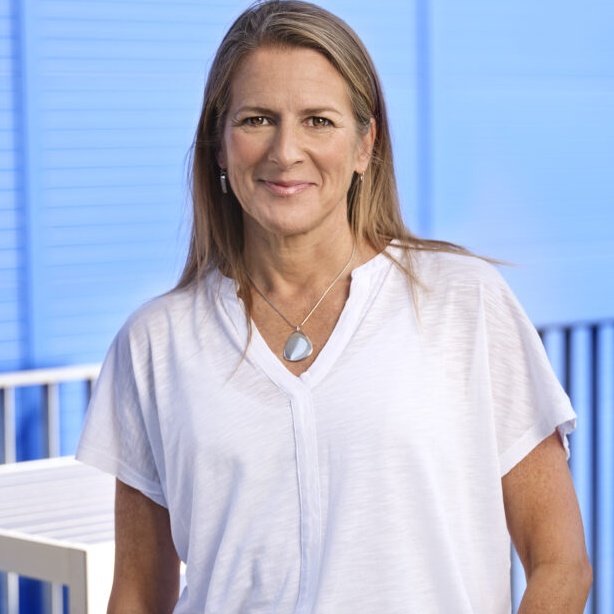
Christina Niemelä Ström, Head of Sustainability at IKEA Supply
Christina is an internationally experienced business leader with a passion for developing business and people together. Her 20+ years of experience includes senior leadership roles within the IKEA Supply Chain, IKEA Range & Product Development and at the IKEA Franchisor, giving her a deep understanding of the total IKEA value chain and the importance of values-based decision-making. In her current role, Christina is responsible for leading the totality of the IKEA supply chain sustainability agenda, taking a systemic view on topics connected to responsible sourcing, climate, circularity, biodiversity and human rights.
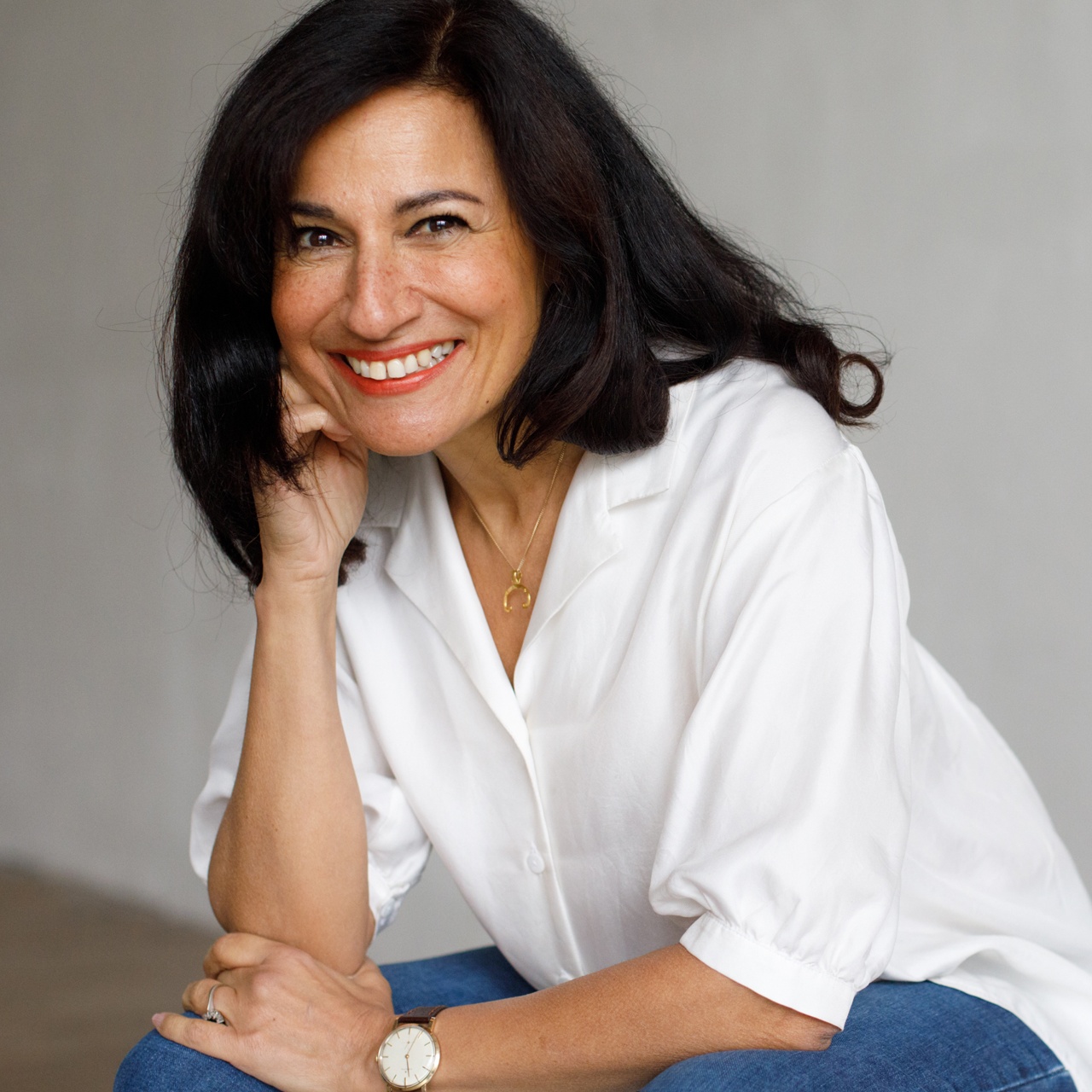
Safia Minney, MBE, Founder and Director, Fashion Declares & People Tree
Safia is an award-winning social entrepreneur & internationally recognised for the company she founded, People Tree, a pioneer of sustainable fashion. She led the business as Global CEO for 20+ years in Japan & Europe. Safia is recognised by the World Economic Forum as an Outstanding Social Entrepreneur and is a leading influencer and international speaker on sustainable business and supply chains, climate action and Fair Trade. Safia is an advisor, executive coach and author of 9 books including; ‘Slave to Fashion’, campaigning to eradicate modern day slavery in the fashion industry and ‘Slow Fashion - Aesthetics meets Ethics’. Safia recently launched www.realsustainability.org to promote sustainable living and leadership and joined other business leaders inspired by XR to establish www.businessdeclares.org.
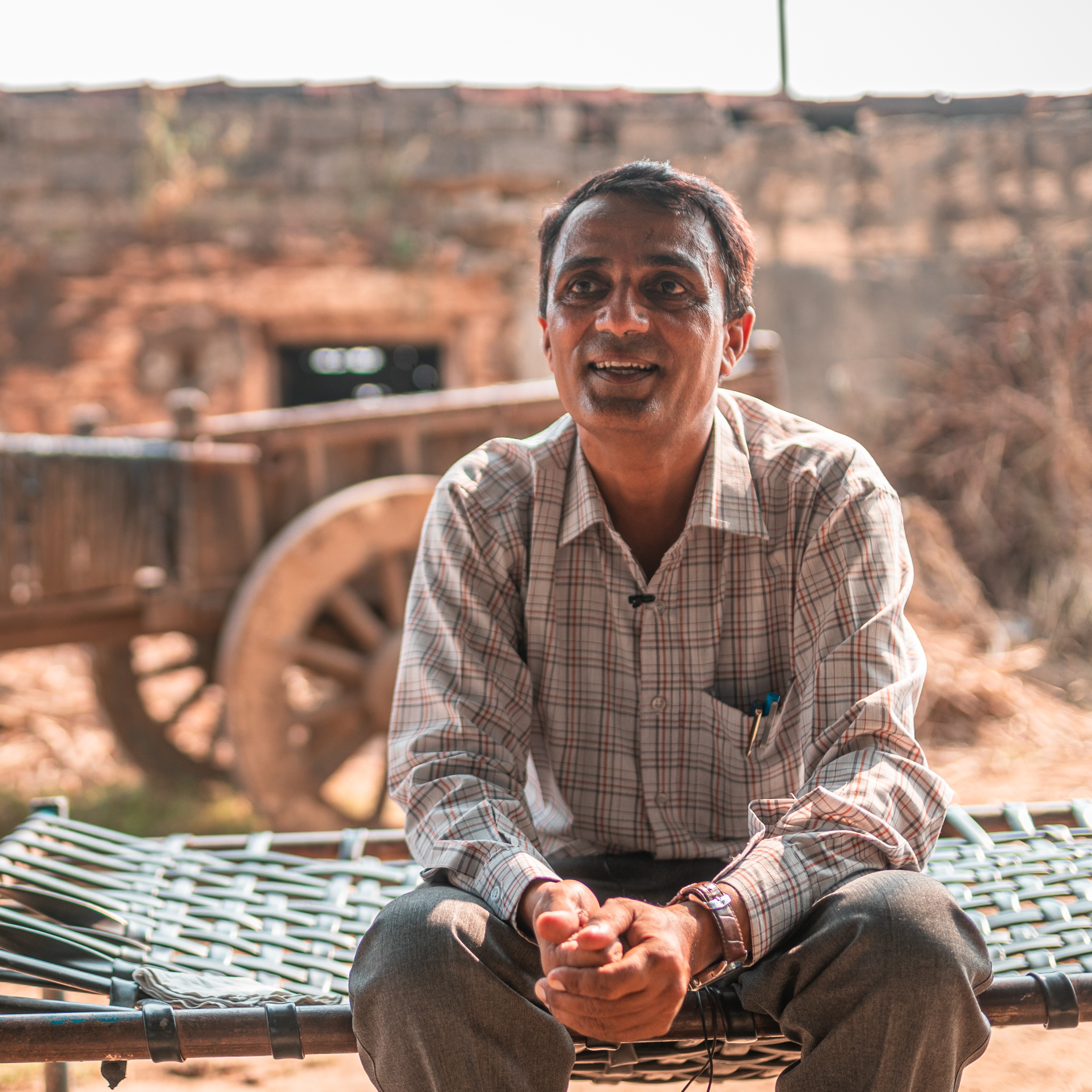
Balubhai Parmar, Leader and Farmer, Somnath Farmer Producer (India)
Balubhai is both a father and a Better Cotton farmer in the coastal state of Gujarat, India where climate change and extreme weather conditions make farming more difficult. Passionate about agriculture and social engagement, Balubhai helps lead the Somnath Farmer Producer organization founded by Better Cotton Farmer entrepreneurs in 2013, which now boasts 1,811 members. Its goal is to improve the performance of its members to reduce costs and get fairer prices for their cotton, while developing new ways to boost their income. Balubhai has also been successful in convincing the farming community in Kanakya to use pesticides and fertilizers more efficiently.
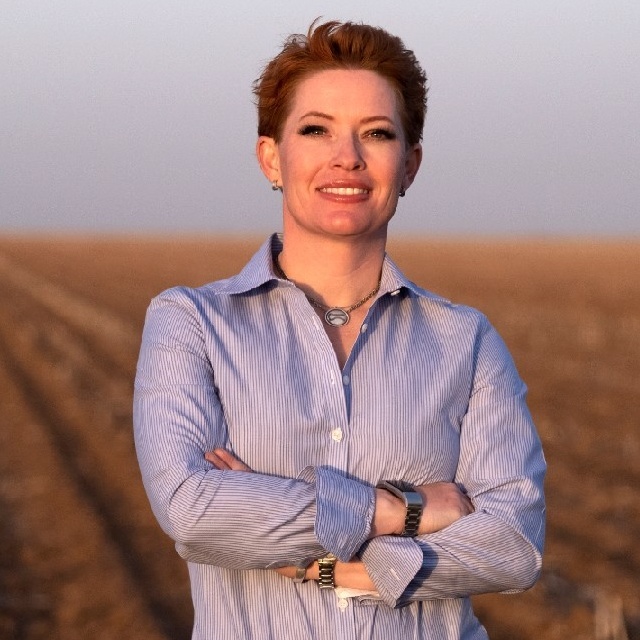
Lacy Vardeman, Cotton farmer (United States)
Lacy, a cotton farmer based in Texas, US, has a strong love for agriculture as her father’s family has been ranchers in Colorado and New Mexico since the 1850s, and her husband, Dean, farms cotton south of Lubbock, Texas. Interested in conservation, she helped organize the Sand Hills Area Recreation Association (SARA) which concentrates on conservation and eco-tourism in the Texas Sandhills area of Bailey and Cochran counties. Lacy will speak from the large farm perspective, addressing issues and innovations, as well as challenges and opportunities in cotton farming in the US.
Speakers
Vamshi Krishna Pulluri, Associate Director Sustainable Agriculture, WWF India (India)
With over 20 years of experience working with smallholder farmers, he has led various sustainable cotton projects in India, including Better Cotton and Organic cotton for WWF India. As the Associate Director of Sustainable Agriculture at WWF India, he is active in preventing emissions, soil erosion, and impact on biodiversity in sustainable cotton production systems. In 2006, he played a key role in the launch and development of the Indian Sustainable Cotton Initiative. At the time, this project contributed to the development of the principles and criteria of the Better Cotton Initiative.
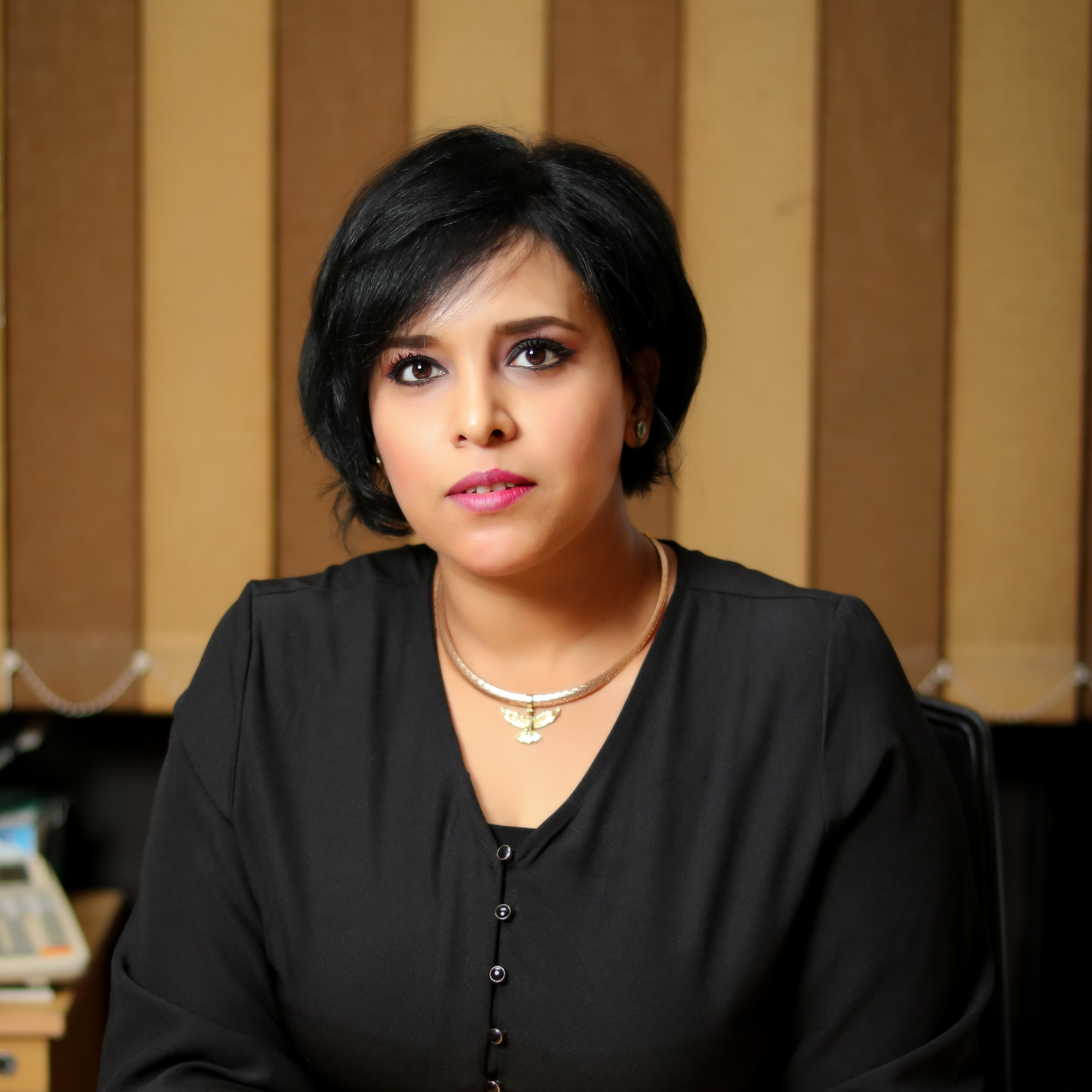
Mona Kassem, Export and Import Manager, ALKAN Mohamed Nosseir for Trading & Industry (Egypt)
Mona Kassem has been the Export and Import Manager at Alkan Mohamed Nosseir for Trade & Industry, one of the leading companies in the Egyptian cotton market, since 2016. Through Mona's engagement with Better Cotton, the company became one of the first two implementing partners of Better Cotton in Egypt. Through her role as IP coordinator at BCI, she teaches sustainable practices to cotton production units composed of small farmers, managers, and field facilitators. Eager to specialize in cotton, Mona has undergone numerous trainings with Egyptian Cotton and UNIDO Egypt.
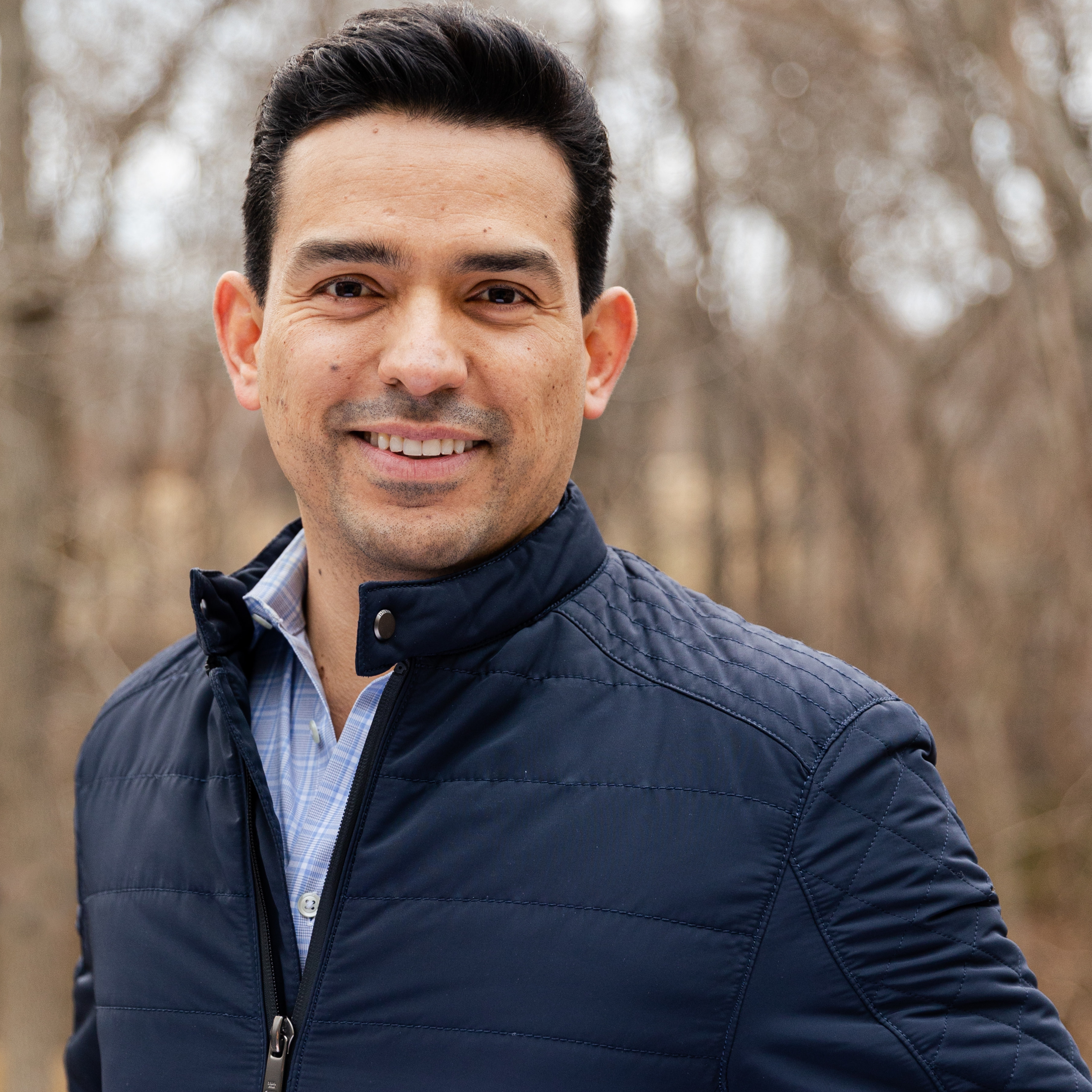
Marco Reyes, Senior Director of Sustainability, Walmart Stores, Inc. (USA)
Marco Reyes is the Senior Director of Sustainability for Walmart Stores and leads efforts to accelerate social and environmental sustainability of global supply chains and the assortments on sale across the company. In his role, Marco leads a team that develops and implements integrated category strategies, by working with suppliers and merchants, to address the most critical hotspots in priority categories, including textiles, general merchandise, consumables and produce
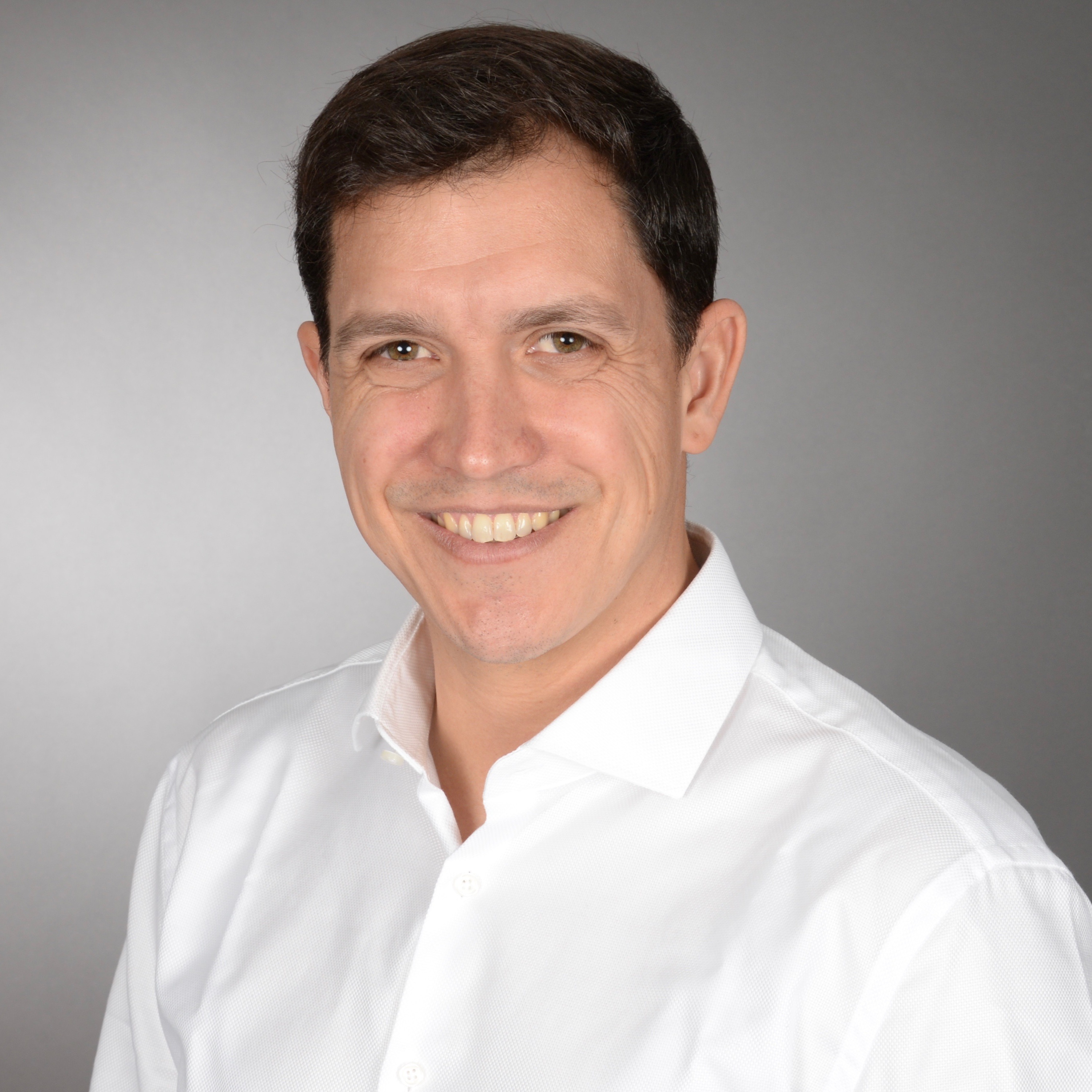
Christoph Gosdenoz, Founding Partner, FairCapital (Switzerland)
Christoph Gosdenor is the partner and chairman of FairCapital, a mission-driven facilitator that provides financing and consulting services to cooperative producers and other actors along the Fair-Trade value chain. His goal is to enable businesses and support investors to contribute to sustainable growth and poverty alleviation. Before co-founding FairCapital, Christoph accumulated over 20 years of international professional experience in impact investing, entrepreneurial finance, mergers and acquisitions, investment analysis, and risk management. CFA charter and Doctor in business administration, he has completed several teaching and research assignments at leading business schools and financial institutions.
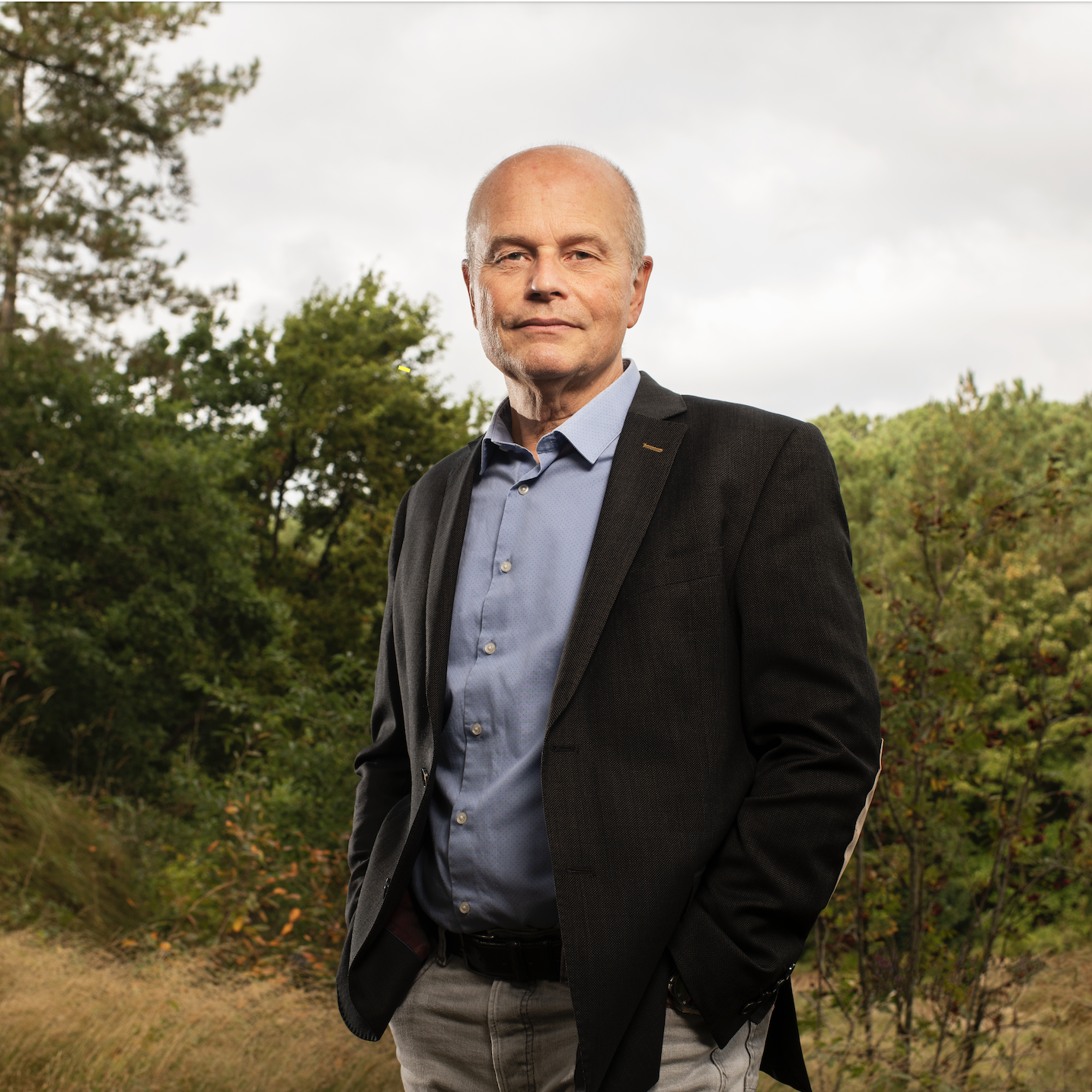
Willem Ferwerda, CEO & Founder, Commonland Foundation (The Netherlands)
Passionate about sustainability, Willem Ferwerda founded the Commonland Foundation in 2013. Commonland is a system developer of large integrated, holistic landscape management and restoration projects, providing landscape-scale solutions on biodiversity, carbon, regenerative agriculture, and communities. In addition to being involved as an advisor or board member of various international organizations, he is an executive fellow at Erasmus University and theme leader at the IUCN Commission on Ecosystem Management. In 2016, Willem was awarded first place in the Sustainable 100, the list of the most environmentally influential Dutch people, and received the Dutch Sustainable Landscape Award three years later. Before being Commonland’s CEO, he was IUCN NL director (2000- 2012), founded Leaders for Nature in 2005, and led IUCN NL’s Tropical Rainforest grants Program which supported hundreds of local conservation and restoration projects in over 40 countries.
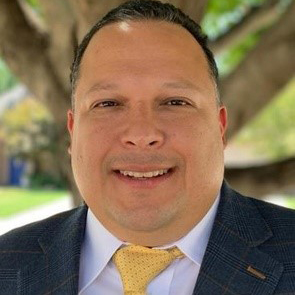
Gerson Fajardo, Director - Sustainability, Raw Materials, and Benchmarking, Walmart (United States)
Gerson started his career at Walmart eleven years ago, he has responsibilities over General Merchandise sustainability, textile raw materials and product benchmarking. After working over a decade in leadership roles related to manufacturing, quality assurance, and sourcing in various industries, he was able to follow his passion for sustainability at Walmart. Gerson and the Walmart Sustainability Team designed the strategy and led the announcement of Walmart's textile sustainability goals in 2019 including the implementation of the Higg Index FEM, Walmart’s Chemical Management Program, and sourcing more sustainable fibers, while supporting several sustainable corporate initiatives such as Project Gigaton, sustainable forestry and packaging. What inspires Gerson the most is the impact that the positive change driven by Walmart and its scale can create in the industry, people and the planet.
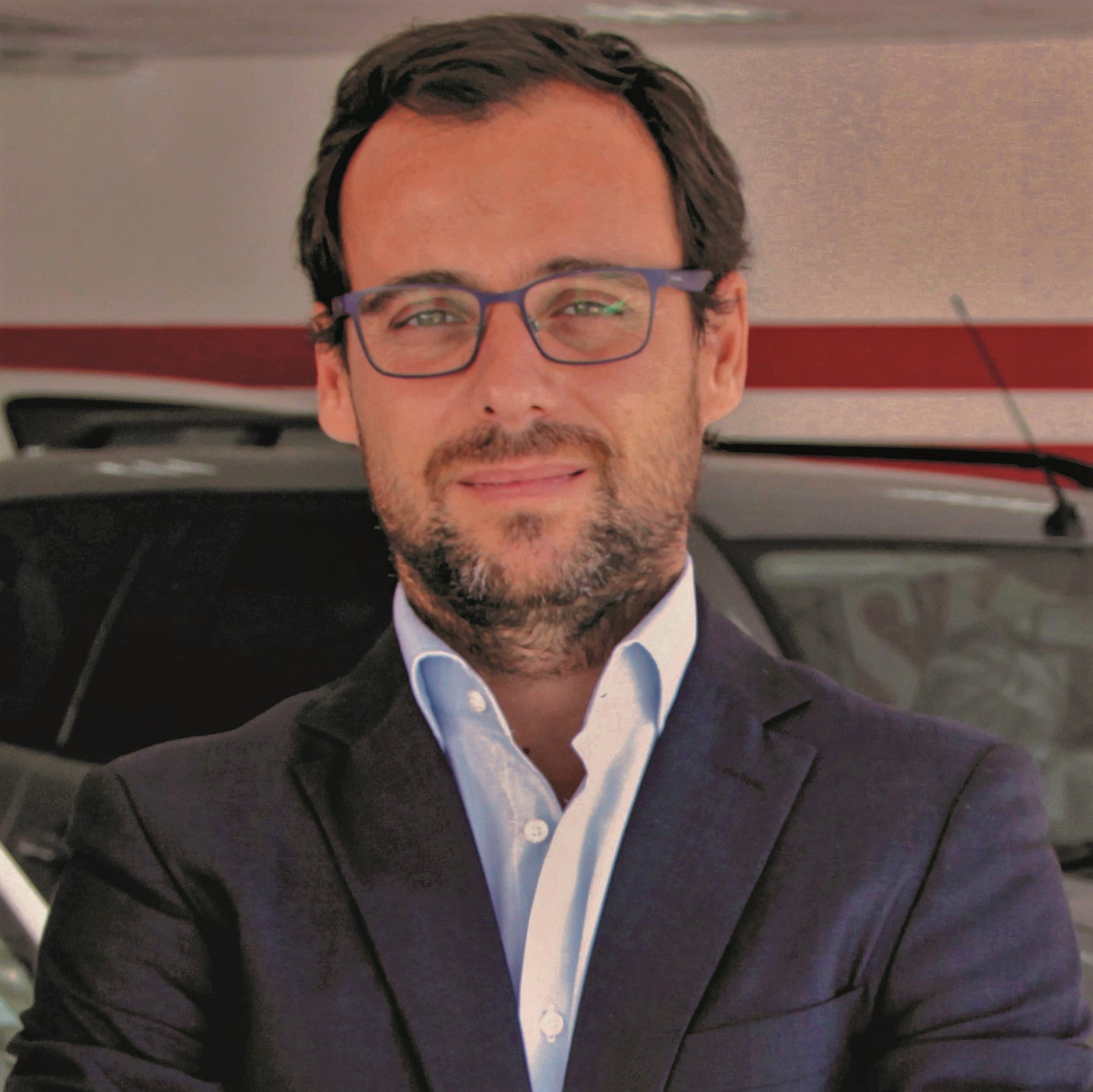
Francisco Ferreira dos Santos, CEO, JFS (Mozambique)
Since 2005, Francisco is leading JFS group, the oldest (1897) and one of the most significant and emblematic investments in Mozambique, recognized for the socio-economic impact of its activities in the country. Within JFS, he focuses on strategic sectors for the country's development, namely agriculture, agro-industry, metalworking, automotive, energy, and real estate. Francisco is also the Chairman of Mozambique Cotton Ginners Association and Vice-Chairman of Mozambique Industrial Association.
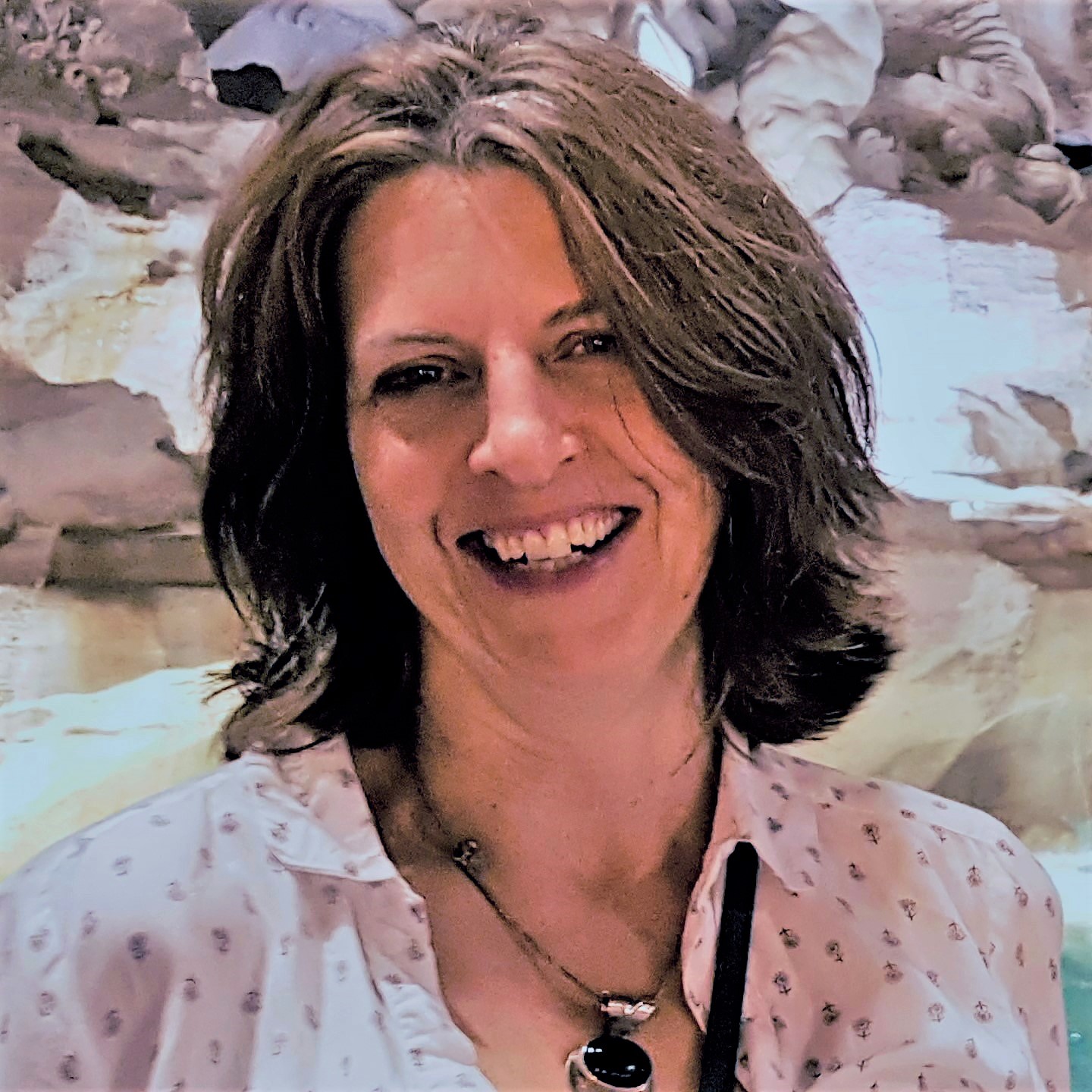
Sheila Willis, Head of International Programmes, Pesticide Action Network UK (PAN UK)
Dr. Sheila Willis is the Head of International Programmes at Pesticide Action Network in the UK and an Honorary Senior Lecturer in the Division of Environmental Health, University of Cape Town. Interested in understanding and reducing the impacts of pesticides on human health and the environment, Sheila gained field experience mainly in Africa but also in Eastern Europe, Caucasus, and Central Asia (EECCA). Sheila works closely with partners in Ethiopia and Benin to support smallholder cotton producers to adopt sustainable and profitable agroecological practices.
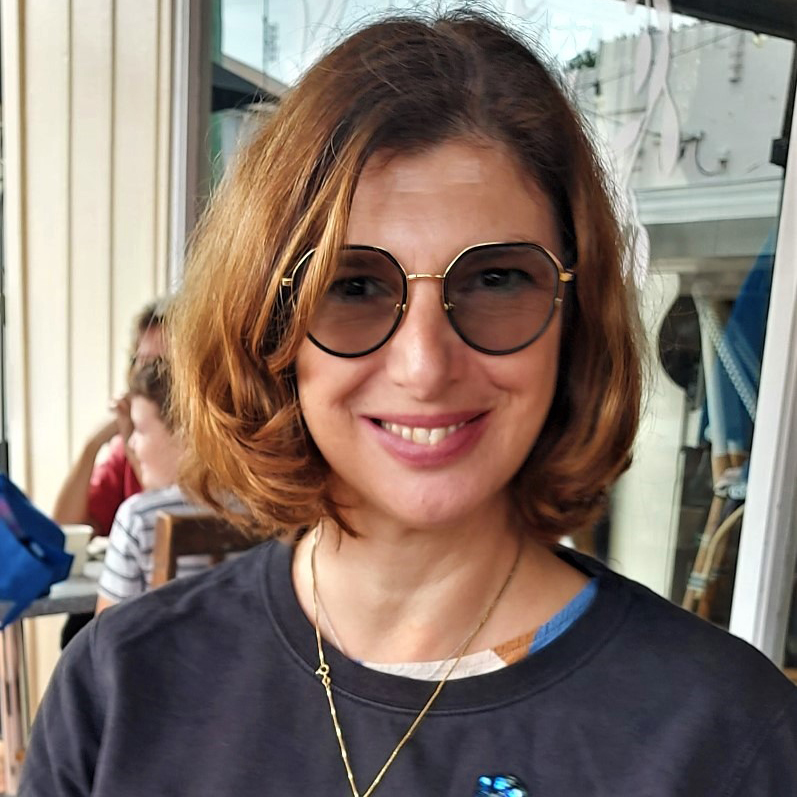
Francesca Mancini, Lead Sustainability Consultant, Delta Project (Australia)
At Delta Project, Francesca works on harmonizing sustainability measures for the cotton and coffee sectors. As a Tropical Agronomist with a PhD in Sustainable Agriculture, her experience in the cotton sector has focused on improving the sustainability of small-scale cotton farming in Asia and Africa, as well as extending policy assistance to cotton-producing countries. She also served as an agricultural officer with the Food and Agriculture Organization of the United Nation (FAO) where she promoted ecological and regenerative agriculture for more than 20 years and was vice-chair of the ICAC Panel on the Social, Environmental and Economic Performance of Cotton (SEEP).
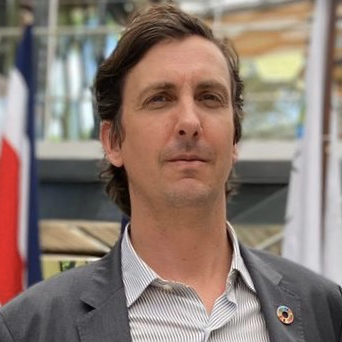
Jason Glaser, CEO, Network (United States)
Jason is the CEO of La Isla Network, an organization dedicated to ending occupationally related kidney disease and heat stress. He has led research, advocacy, and policy change while guiding employers through their workplace health challenges. The author of numerous academic articles and policy reports, he has brought worldwide attention to the risks workers face due to the climate change crisis via media coordination with major news outlets. Mr Glaser is also the designer of a first-of-its-kind cooperative agreement with the U.S. government on occupational health in Central America.
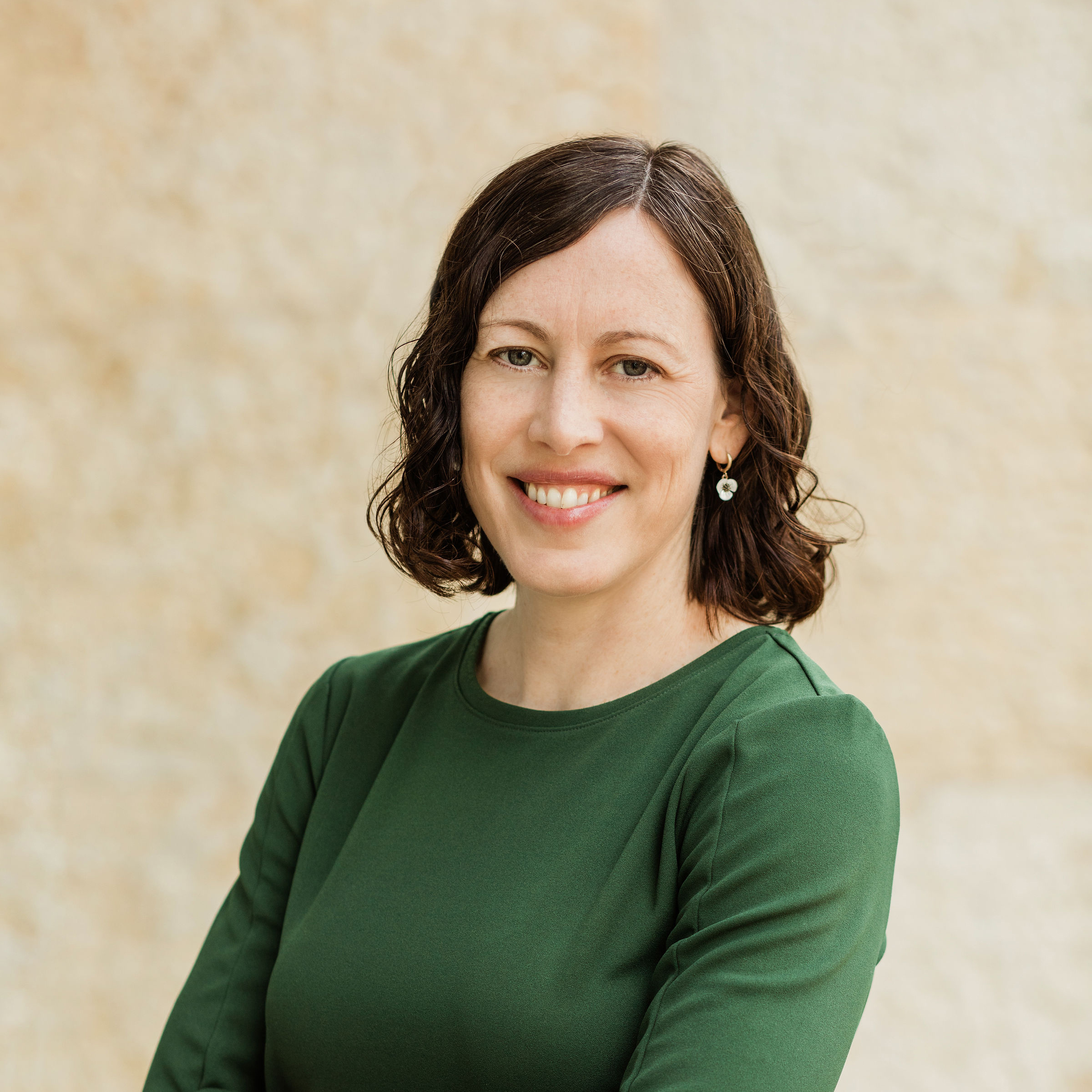
Rachel Rigby, Lead Human Rights, Rainforest Alliance (United States)
Rachel Rigby leads the Rainforest Alliance’s work on human rights. She is committed to improving worker livelihoods and working conditions across international supply chains. In cotton farming, Rachel wishes to increase the work standards. She brings more than 15 years of experience in international labour rights and labour compliance.
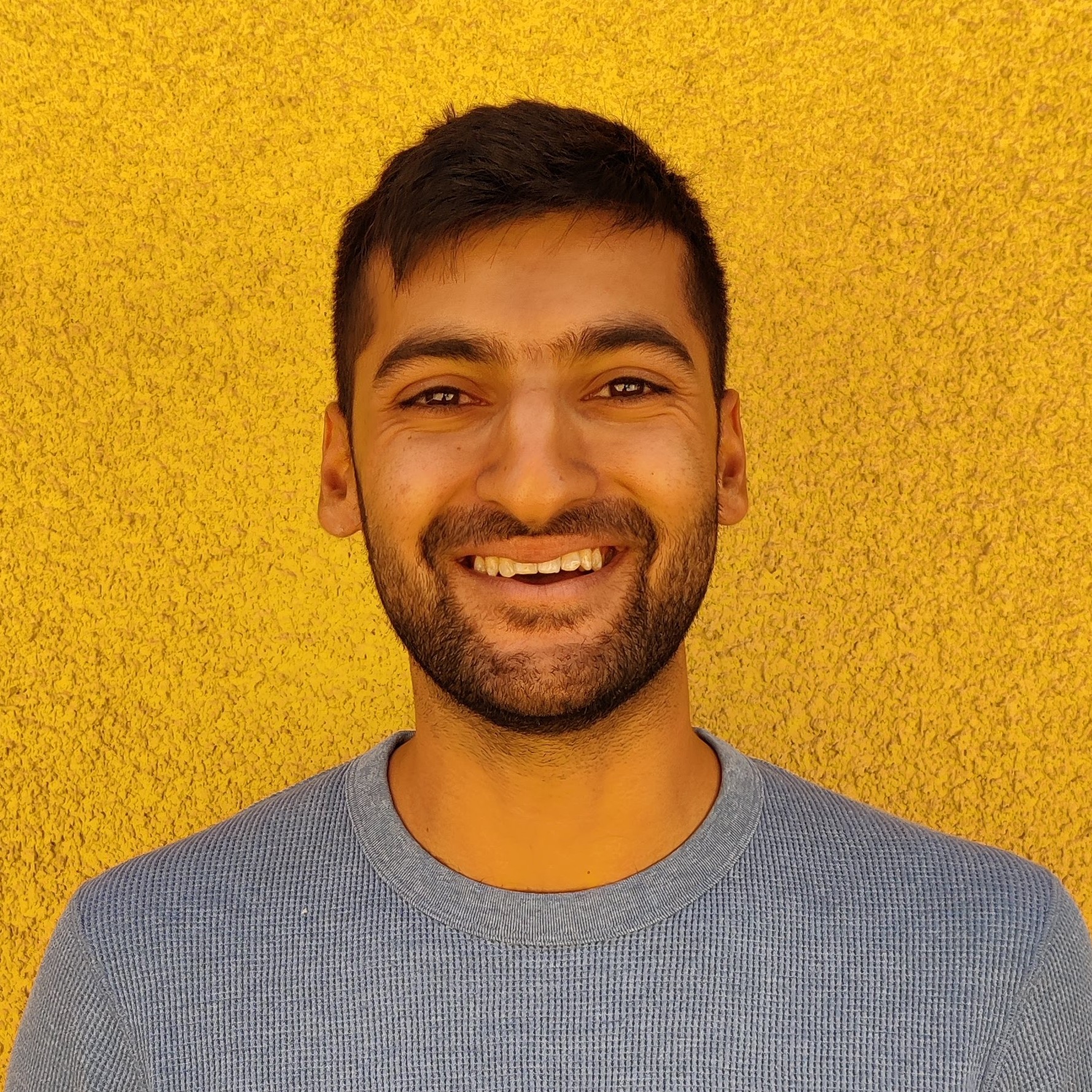
Rajan Bhopal, International Project Manager, Pesticide Action Network UK (PAN UK)
Rajan leads PAN UK's engagement in agricultural supply chain initiatives. His work focuses on advising on strategies for reducing pesticide use and their risks and developing tools to improve the impact of farmer capacity building programmes. Before joining PAN UK, Rajan managed out-grower operations to train and source organic cotton from smallholders. He has experience in agribusiness and agricultural development in the UK, East Africa and Ethiopia.
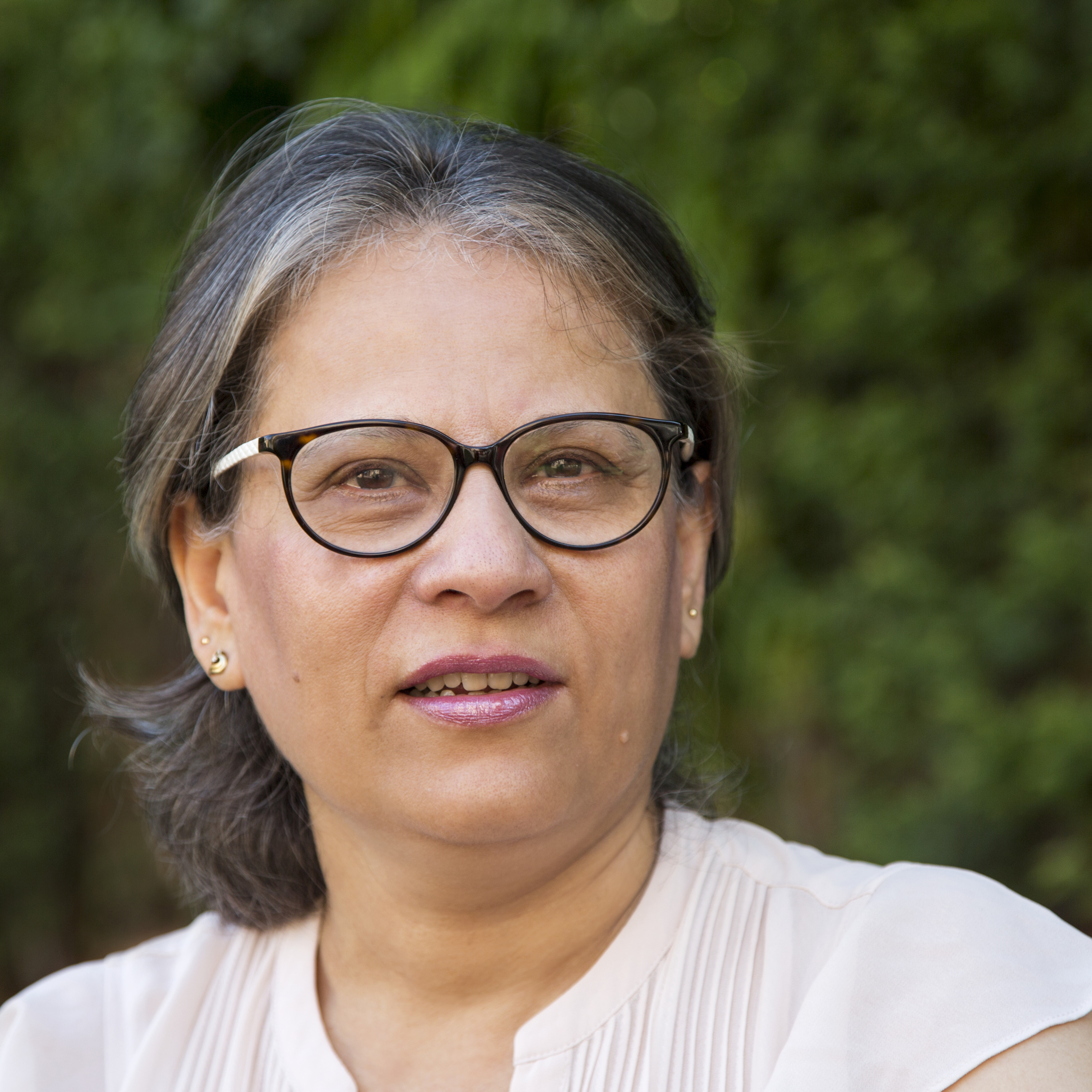
Anita Chester, Head of Materials, Laudes Foundation (India)
Anita works at the Laudes Foundation, which aims to accelerate the transition to a climate-positive and inclusive global economy. With expertise in fashion materials, Anita is passionate about accelerating the shift to sustainable and circular fibres, including fostering system-wide scale-up of regenerative agricultural practices. Anita is also a board member of the Organic Cotton Accelerator. She brings with her many years of experience in the apparel supply chain, including leading collaborative market transformation initiatives focused on social and environmental impact. Before joining the Laudes Foundation, she worked at IDH - The Sustainable Trade Initiative managing its cotton program and in South Asia at Cotton Connect.
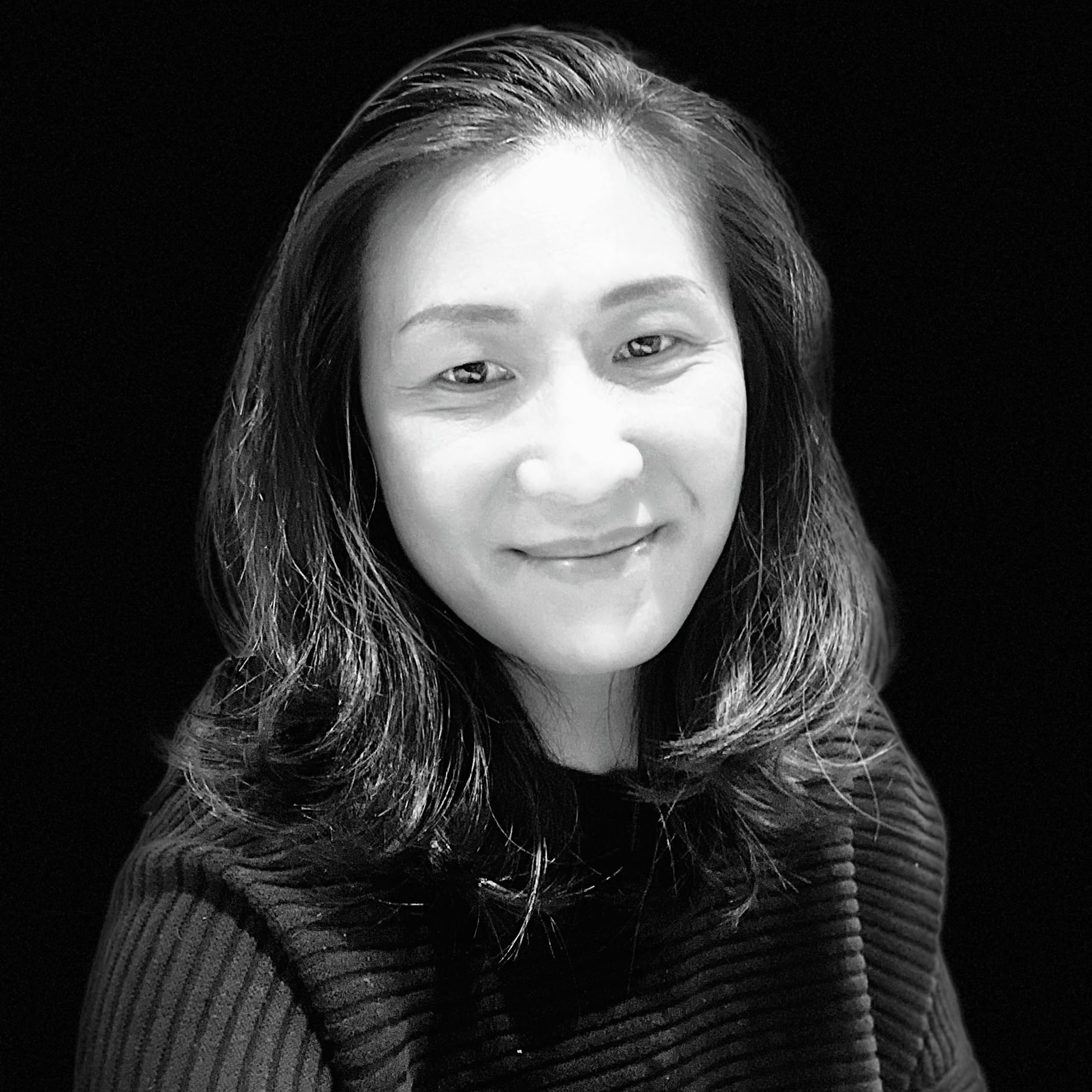
Evonne Tan, Director of Data & Technology, Textile Exchange (Malaysia)
Evonne started working with Textile Exchange in 2009, spearheading data collection, analytics, reporting and consumer engagement. Currently, as the Director of Data & Technology, she is leading the development of traceability solutions for provenance and proof of impact as well as the delivery of a collaborative data platform for shared measures of Climate. She spent the past 25 years improving data and reporting for companies around the world. From a manufacturing background, she moved on to consultancy and project management before settling into the sustainability sector with CSR Consultancy. A graphic designer on the side, Evonne is passionate about data visualization and using data to tell a story.
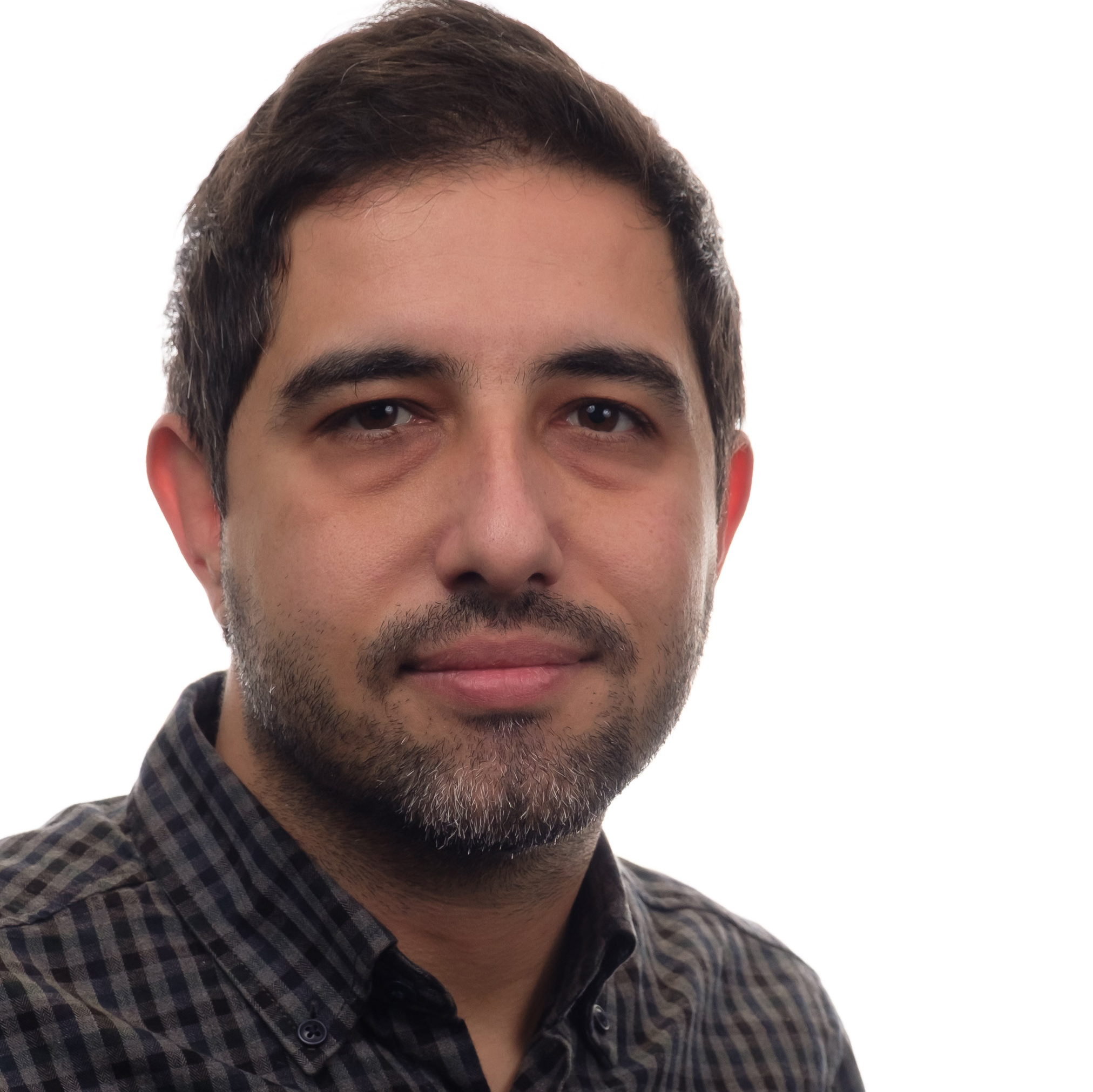
Haki Pamuk, Senior Researcher and Project Manager, Wageningen University (The Netherlands)
Haki Pamuk is a senior research and project manager for impact investment and evaluation in Wageningen Economic Research. His research focuses on the adoption of good farming and business practices and technologies and financing the adoption of those. He currently leads the evaluation of BCI support on adopting better cotton farming practices in India and multiple tasks concerning impact investment under the Food Trails project funded by H2020 Wageningen University. He has also led the Turkey cotton value chain analysis for an EBRD funded project.
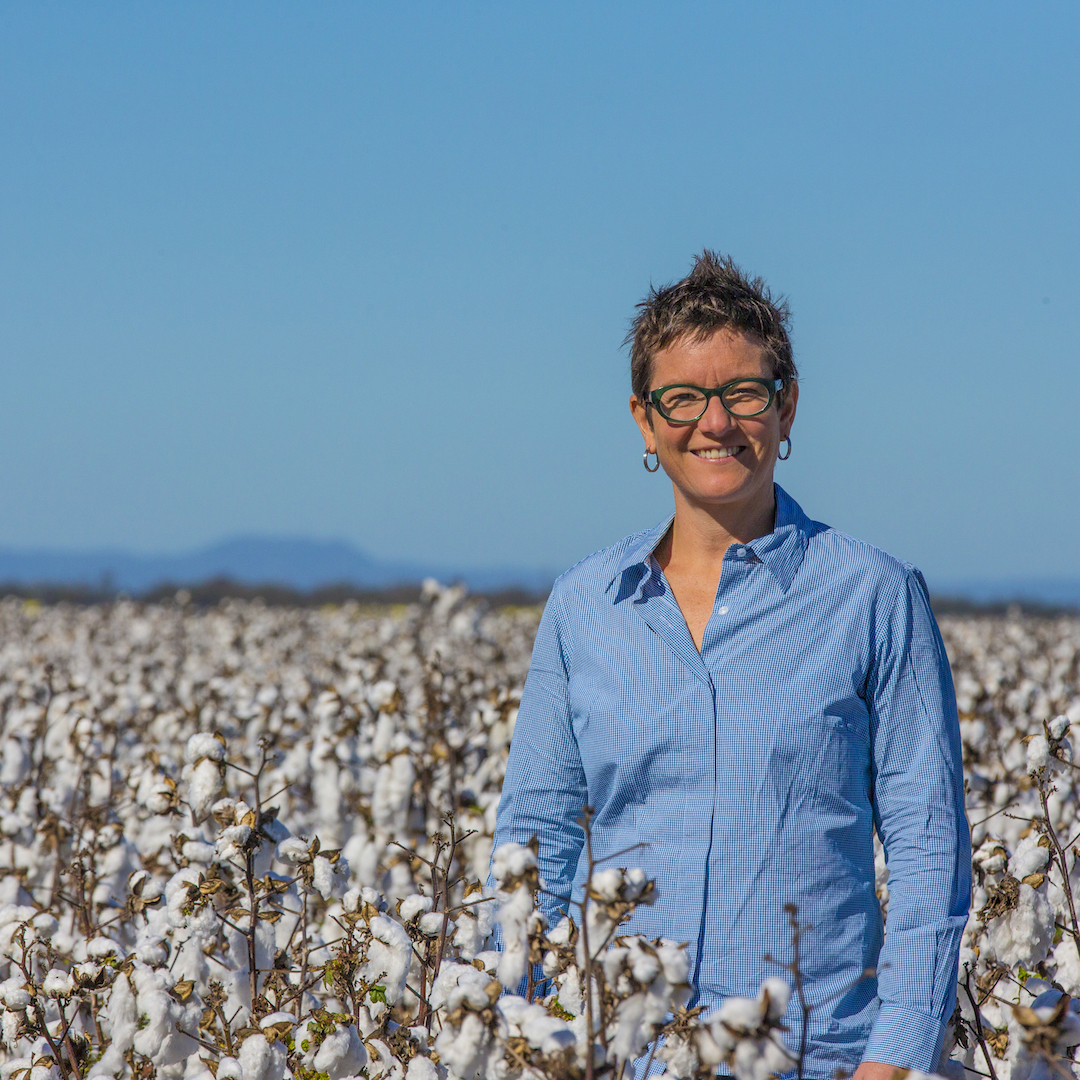
Brooke Summers, Cotton to Market Strategy Lead, Cotton Australia (Australia)
Brooke currently leads Cotton Australia's work to connect the sustainability credentials of the Australian cotton industry with stakeholders throughout the textile supply chain. The Cotton to Market strategy is focused on driving demand, sustainability and traceability, storytelling and issues such as data and circularity. As a current member of the Australian Cotton Conference Committee and the Global initiative Cotton 2040, and past Chair of the International Forum for Cotton Promotion, Brooke has a strong knowledge of the cotton industry. She also sits on the Advisory Group for Australia's Textile Product Stewardship Scheme and the UTS Sustainable Centre of Excellence.
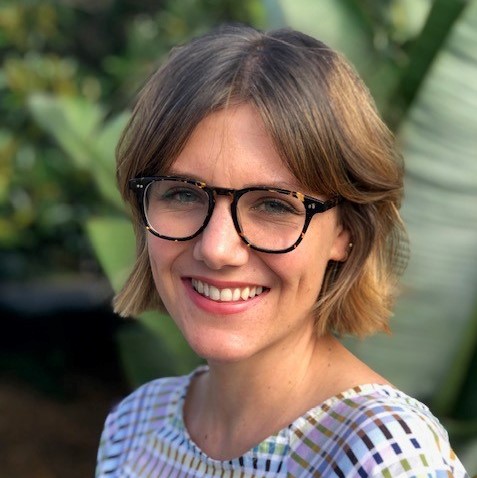
Hannah Cunneen, Principal Manager, Forum for the Future (UK)
Hannah Cunneen is a Principal Change Designer within the Sustainable Value Chains and Livelihoods team for Forum for the Future. She is also the Programme Lead for Forum’s Cotton 2040 initiative. She is dedicated to building truly just, regenerative and resilient global agricultural and textile value chains and industries, with a particular interest in building a fairer and more prosperous future for small-holder producers. Before joining Forum, Hannah worked as an international development specialist in emerging economies, and for a global agri-commodity trading company. She holds a BCA in International Business and Commercial Law from Victoria University of Wellington.
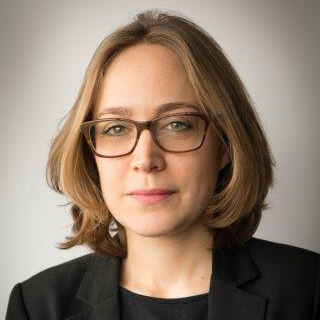
Isabelle Roger, Senior Policy Advisor, Solidaridad Network (The Netherlands)
Isabelle is a Senior Policy Advisor at Solidaridad Network (Europe). She has been involved in the field of sustainable agricultural value chains since 2008. Before joining Solidaridad, she worked for Better Botton, where she is still the Secretary for the BC Council. Isabelle is a graduate of Sciences Po Lyon and holds a Master’s degree in Human Rights.
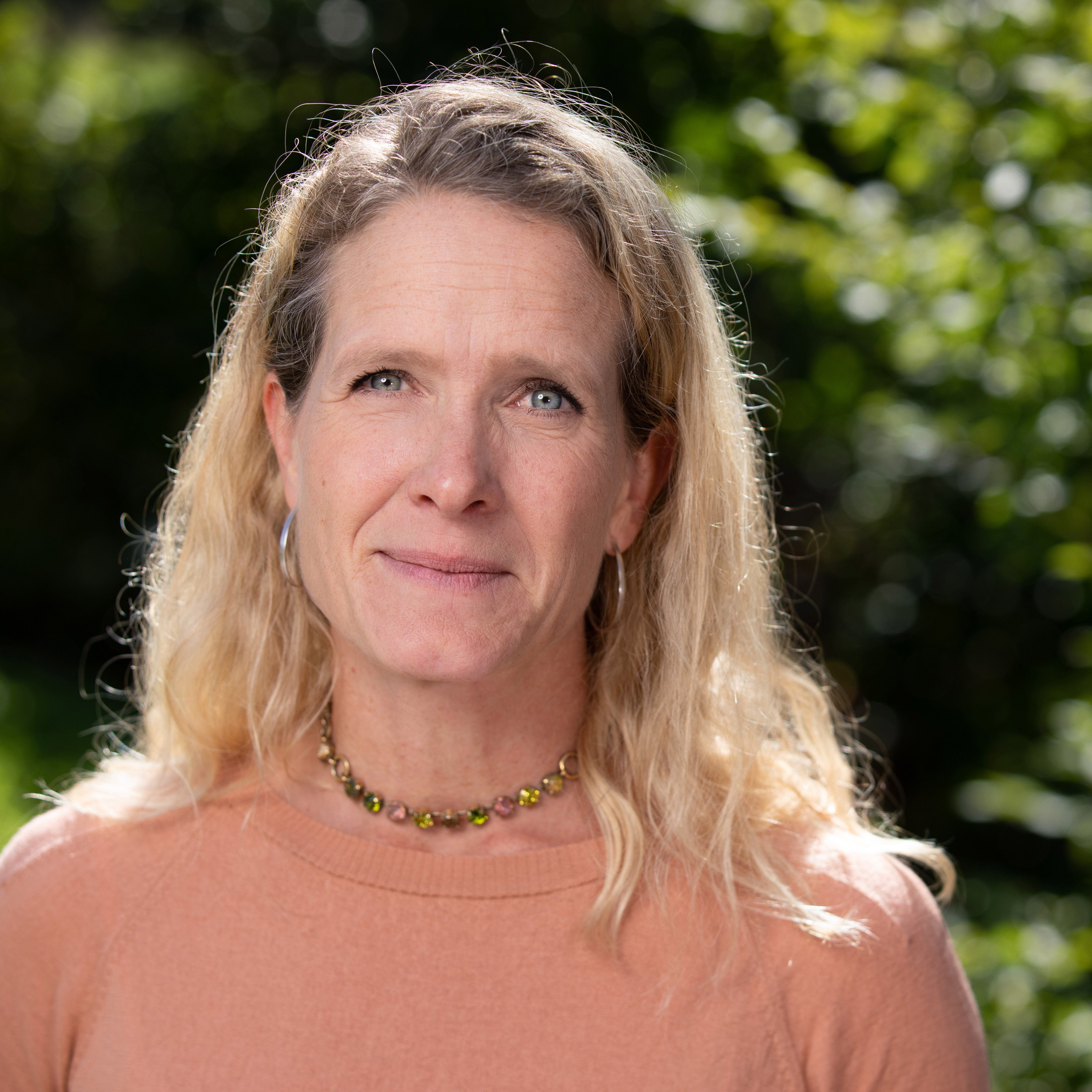
Lena Staafgard, COO, Better Cotton (Sweden)
Lena always wanted a career with purpose. As Chief Operating Officer at Better Cotton, she loves that she works for an organisation with a single mission and clear focus that directly benefits smallholder cotton farmers around the world. Lena has a background in sustainability and holds degrees in Politics Geography, and Environment and Development. Lena is inspired by the commitment and by people who follow their values and passions, even if it means taking the road less travelled.
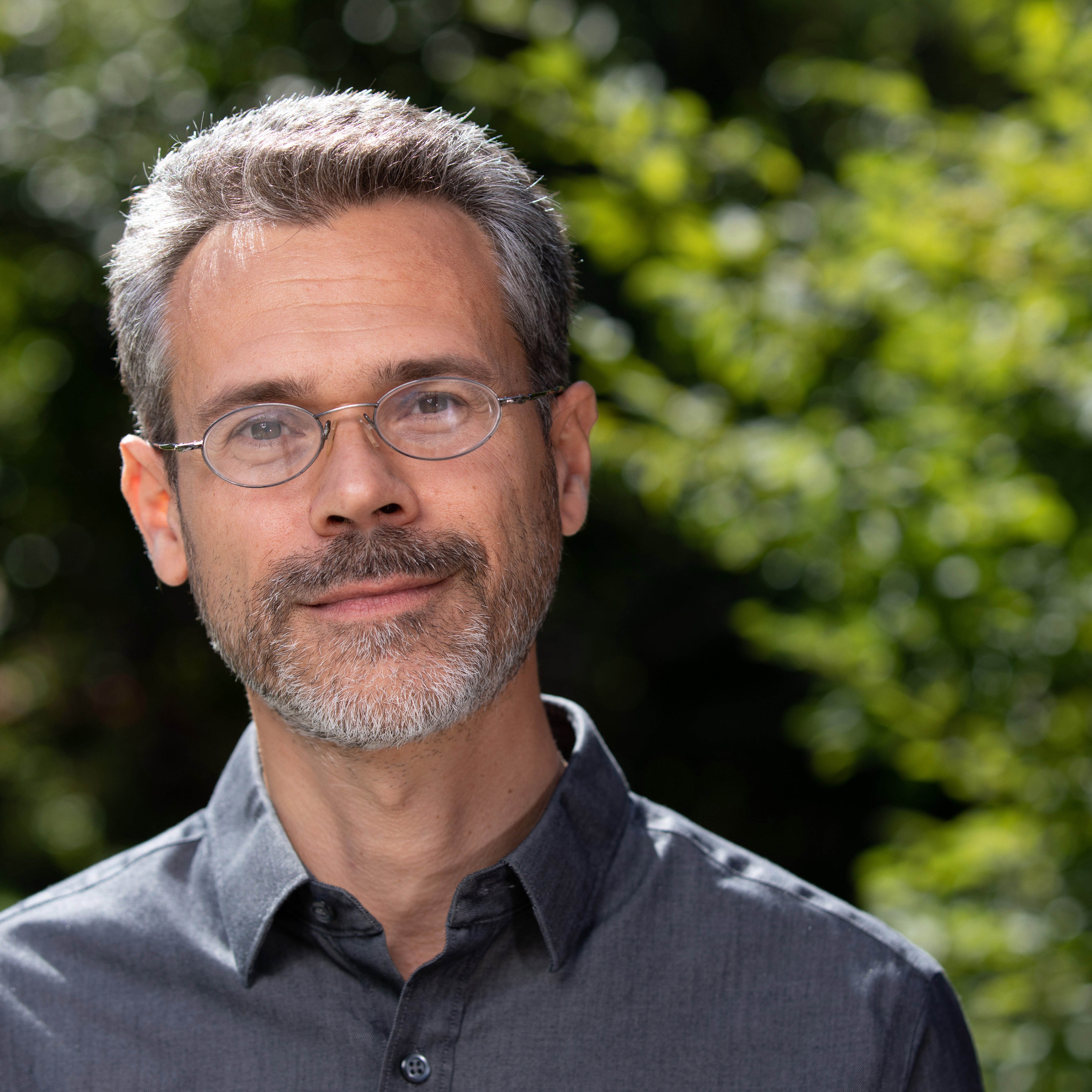
Damien Sanfilippo, Senior Director, Programmes, Better Cotton (Switzerland)
Damien is the Senior Programmes Director at Better Cotton. An environmental scientist by training, Damien’s nearly 20 years of experience include the coordination of habitat restoration programmes in Florida’s wetlands and biodiversity research programmes in Madagascar. As the International Programme Coordinator, he oversaw the Pesticide Action Network UK’s cotton programme. In 2007, he joined Better Cotton’s Executive Committee, where he drove the rapid development of the Better Cotton Standard System before leaving to head up Fairtrade International’s cotton programme as Global Product Manager. Damien rejoined Better Cotton in 2014 as Director of Standards and Assurance until 2021 before starting his current position.
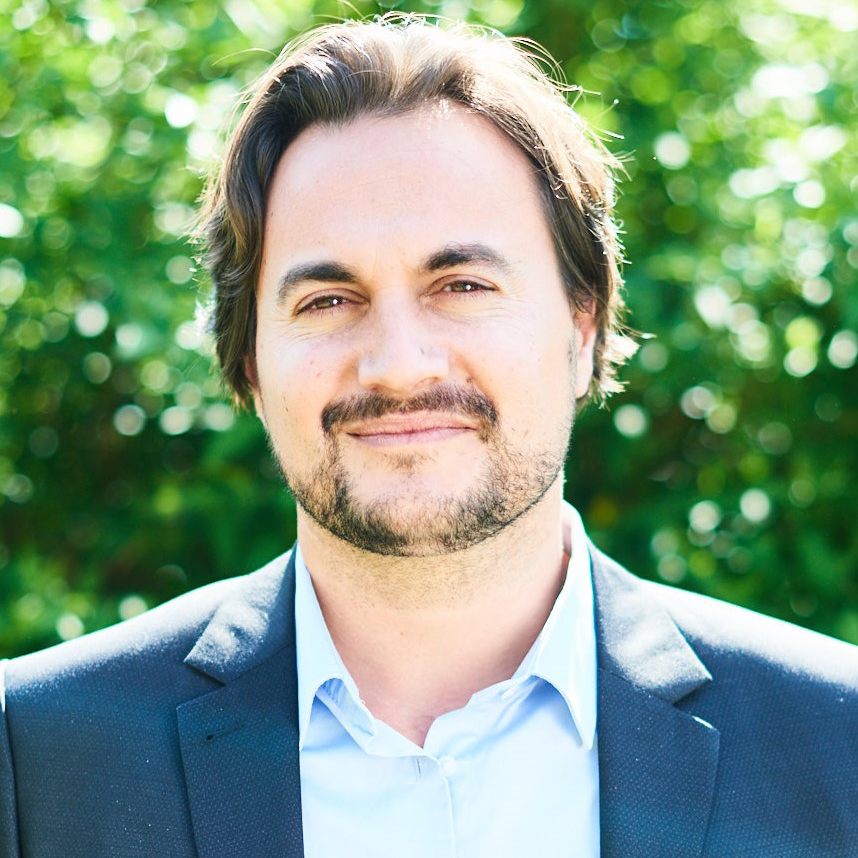
Gregory Jean, Standards and Learning Manager, Better Cotton (Switzerland)
Gregory has been in charge of ensuring the maintenance and development of Better Cotton Standard for the last six years. He led the first Principle and Criteria review and revision process between 2016 and 2018 and held a leading role in research and innovation projects. He has notably developed the ATLA project (Adaptation to Landscape Approach). Prior to this, Greg worked for the Forest Stewardship Council on designing certification models for forest Ecosystem Services and environmental NGOs (FNE, Greenpeace) and the Organization of Caribbean States.
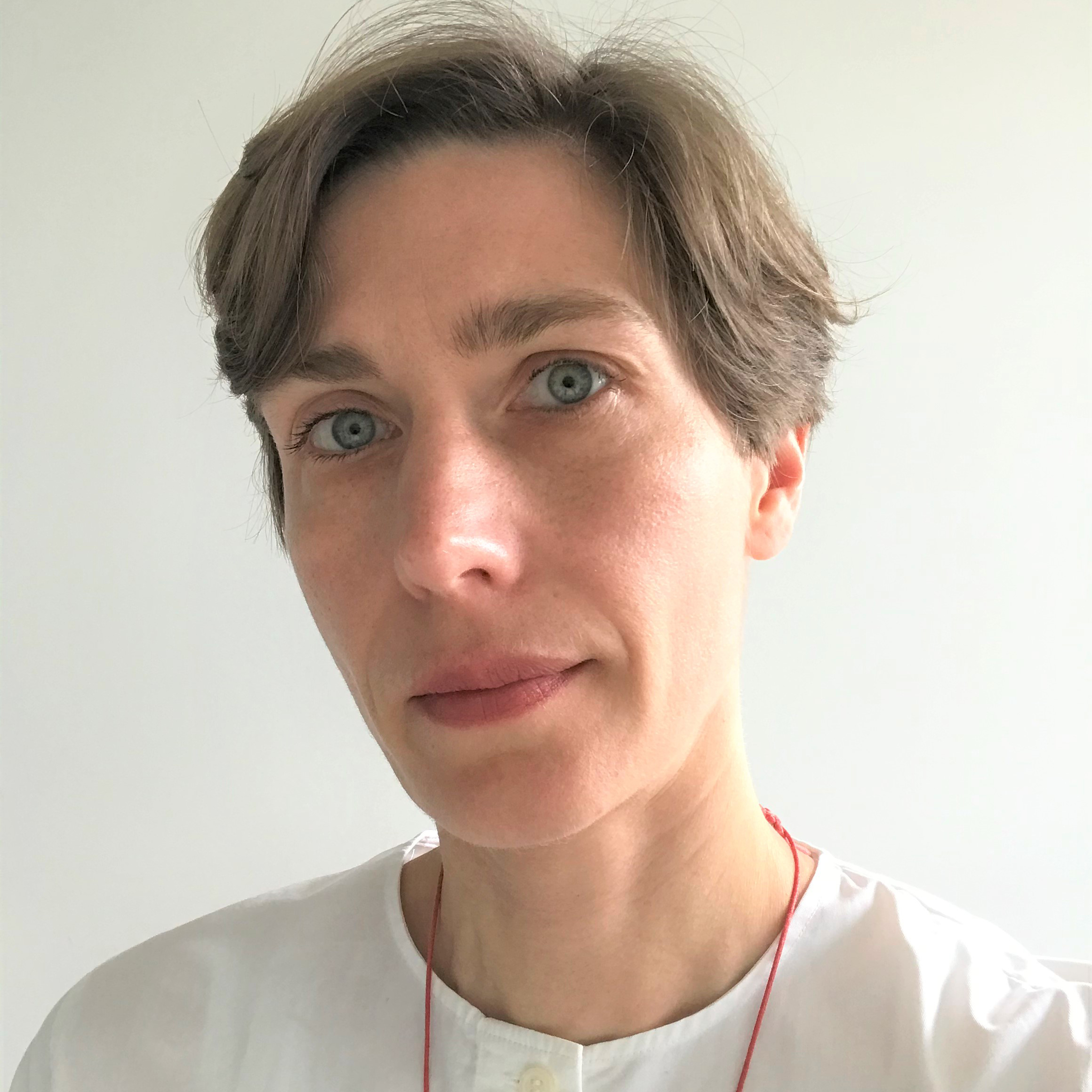
Heleen Bulckens, Senior Manager – Materials, IDH – The Sustainable Trade Initiative (The Netherlands)
Heleen Bulckens is a senior sustainability specialist and joined the IDH cotton team towards the end of last year. She is responsible for driving forward IDH’s strategic partnership with Better Cotton. Heleen gained most of her sustainability experience at the Ethical Tea Partnership, where she designed and delivered large-scale livelihoods and climate adaptation programs in the tea sector for more than a decade, leveraging public and private sector finance. Heleen also worked as a researcher in the ethical investment finance world for three years.
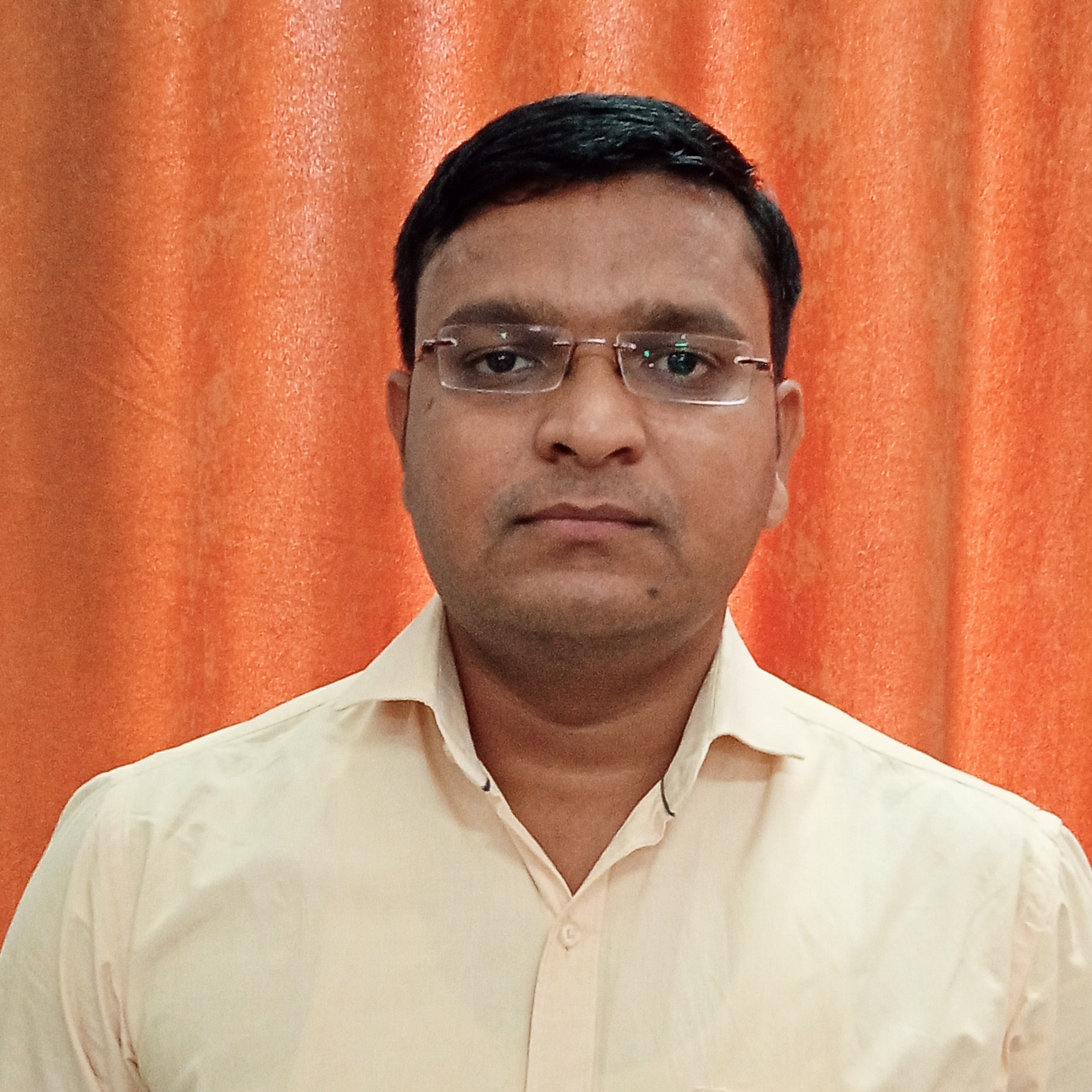
Sunil Saindane, Project Manager, Lupin Human Welfare & Research Foundation (India)
Working at the Lupin Foundation since 2012, Sunil Saindane coordinates over 95,000 smallholder development projects in India. With his background as an agricultural engineer and a master's degree in human resource development, he promotes climate change adaptation practices among smallholder farmers. Sunil advocates for the development of sustainable livelihoods by empowering the underprivileged sections of society and establishing basic infrastructure and ecological foundations in the villages.
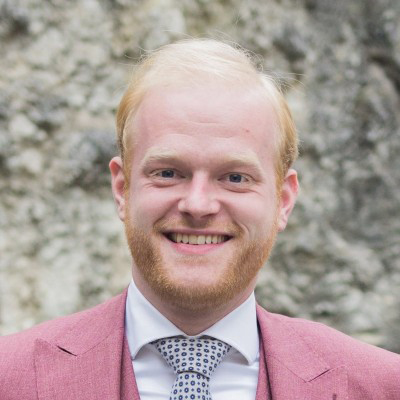
Lars van Doremalen, Access to finance & Partnerships manager, Solidaridad (The Netherlands)
After 10 years of working for various multinationals in the field of finance and sustainable development, Lars van Doremalen joined Solidaridad and is currently working on connecting farmers and businesses benefiting from their subsidy programs with investors. A volunteer experience in Bangladesh showed him how important SMEs are and how useful they can be in developing countries. That's why, in collaboration with Lendahand, Cordaid and Truvalu, they launched PlusPlus, a crowdfunding vehicle for entrepreneurship.
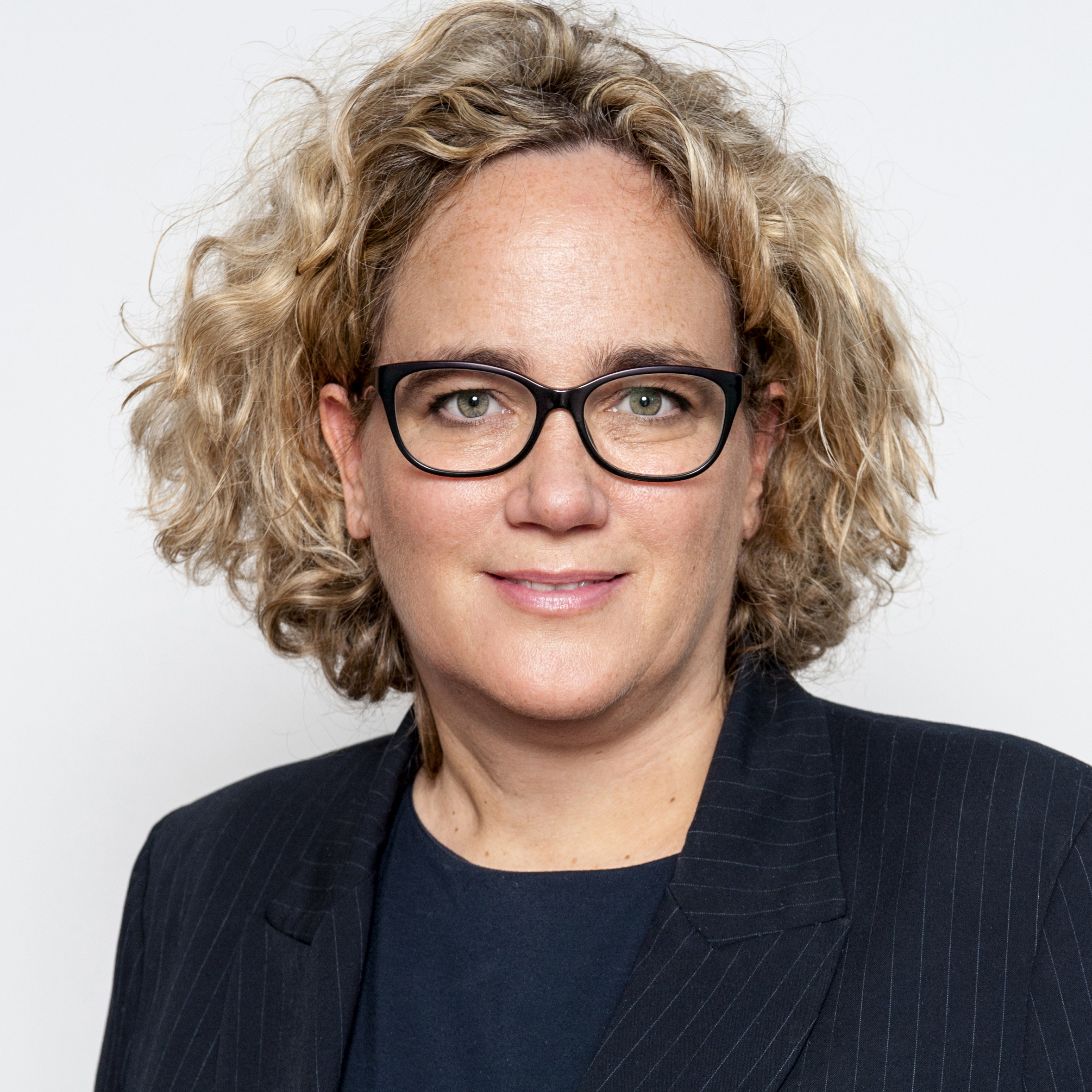
Heike Blank, Partner, CMS (Germany)
Dr Heike Blank is a German qualified lawyer and partner of the international law firm CMS. She advises consumer products companies ahead of the launch of new marketing campaigns, such as sustainability claims, based on unfair competition law and regulatory requirements. She represents her clients in court proceedings, in particular about consumer associations. Heike has led CMS' global Consumer Products Sector Group and has a doctorate in unfair competition law.
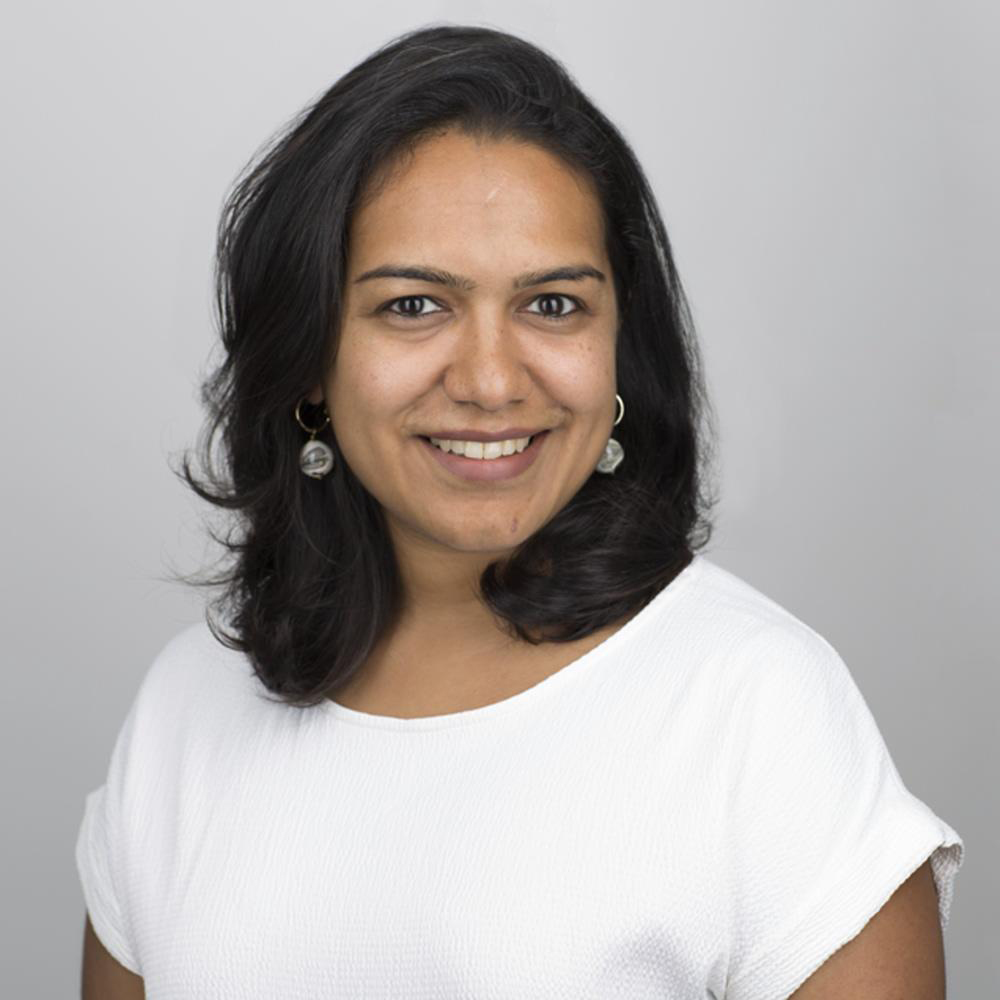
Vidya Rangan, Senior Manager, Impact and Innovation, ISEAL (India)
Vidya is a Senior Manager at ISEAL, the global membership organisation for ambitious sustainability systems. At ISEAL, she leads work on impacts and evidence to understand the difference that sustainability systems make on key issues. As part of this, she leads the Evidensia Platform and ISEAL’s workstream on human rights and decent work including a focus on living wages, access to remedy and indigenous rights. Based out of Bangalore, Vidya also coordinates ISEAL’s partnerships and dialogues in India. Before joining ISEAL in 2015, she worked with the Fairtrade system. Vidya is an economist and development researcher and holds an M Phil in Development Studies from the University of Oxford.
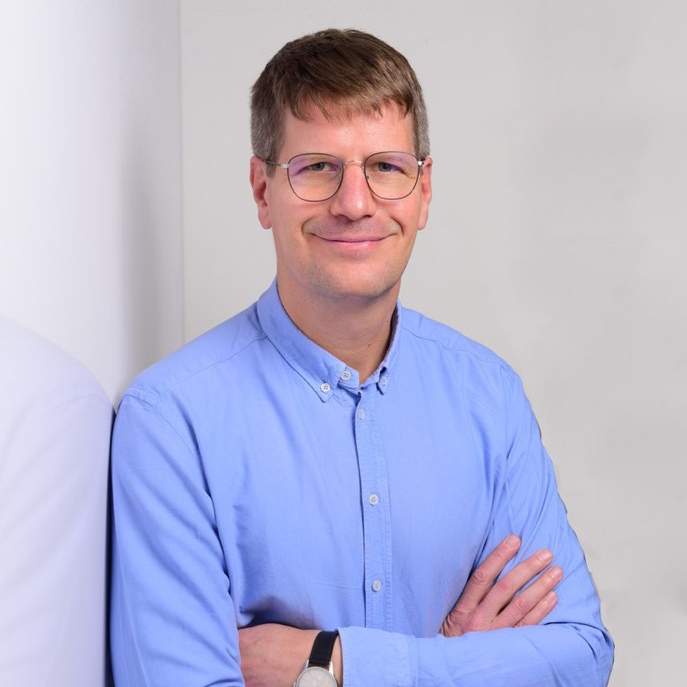
Philipp Meister, Global Lead Fashion and Sporting Goods, Quantis (Germany)
In his current role at Quantis, Philipp leads the development and implementation of the global fashion and sporting goods strategy to accelerate the transformation of the industry by building impactful global partnerships with brands, multi-stakeholder organisations and innovative service providers. As a textile engineer and product developer, he has been active in the materials, cotton and sustainability fields for over 15 years. Before Quantis, he worked at Adidas, where he developed and executed its sustainability strategy. He also served as chairman of the board of the multi-stakeholder organization ZDHC (Zero Discharge of Hazardous Chemicals).
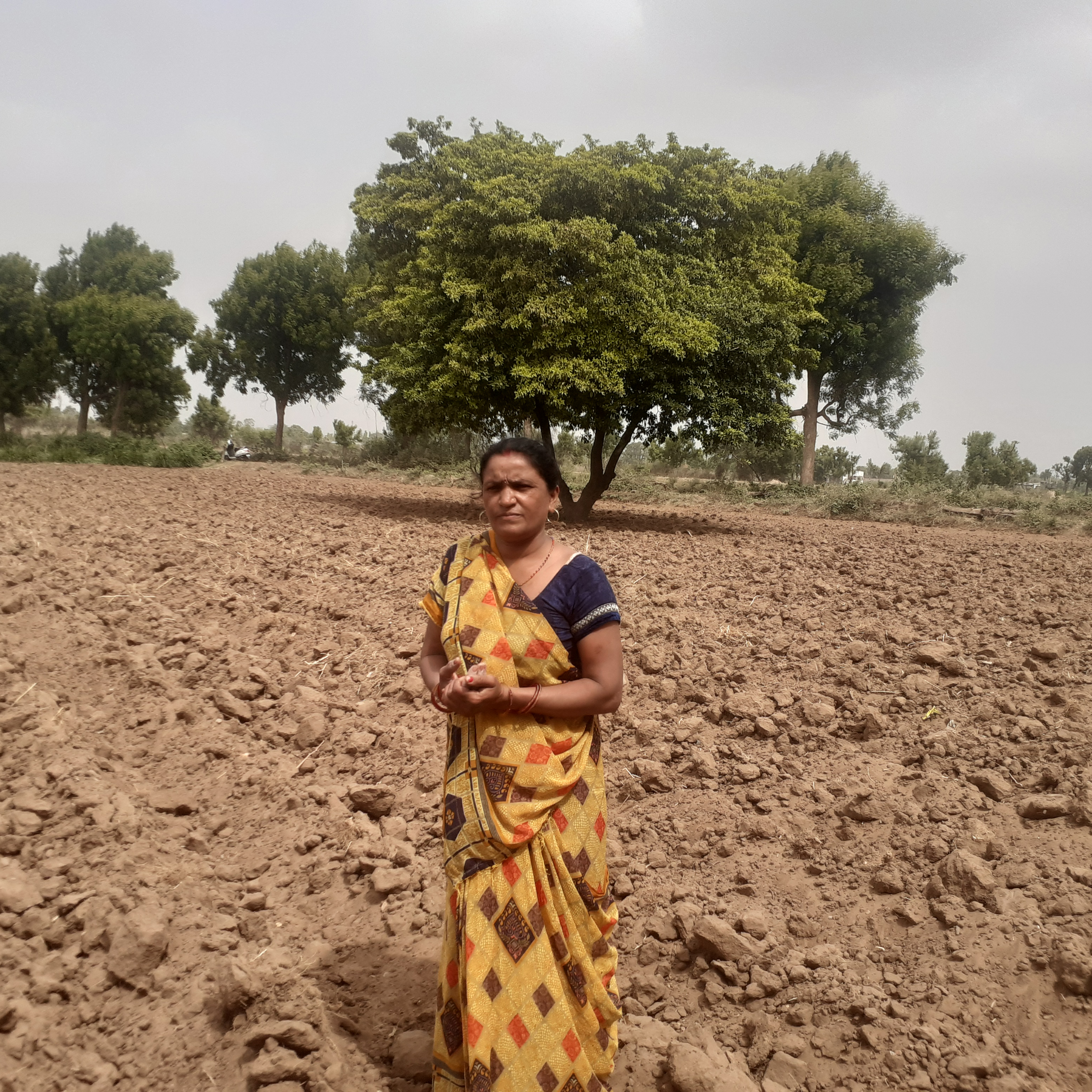
Chetnaben Patel, Farmer, Development Support Centre, Ahmedabad, Gujarat (India)
Cotton farmer and mother of 3, Chetnaben owns 7 acres of farmland and grows cotton on 3 acres. When she joined the Better Cotton programme in 2018, she was the only female member of the learning group, and today she is the only BC female farmer in her village. She was very enthusiastic from the beginning and actively participated in all-cotton irrigation works during the 2018-19 season. Along with this, she has begun to observe the benefits of natural farming on cotton production. She enjoys learning innovative and sustainable agriculture practices to grow higher quality crops, as she is determined to move towards organic farming only.
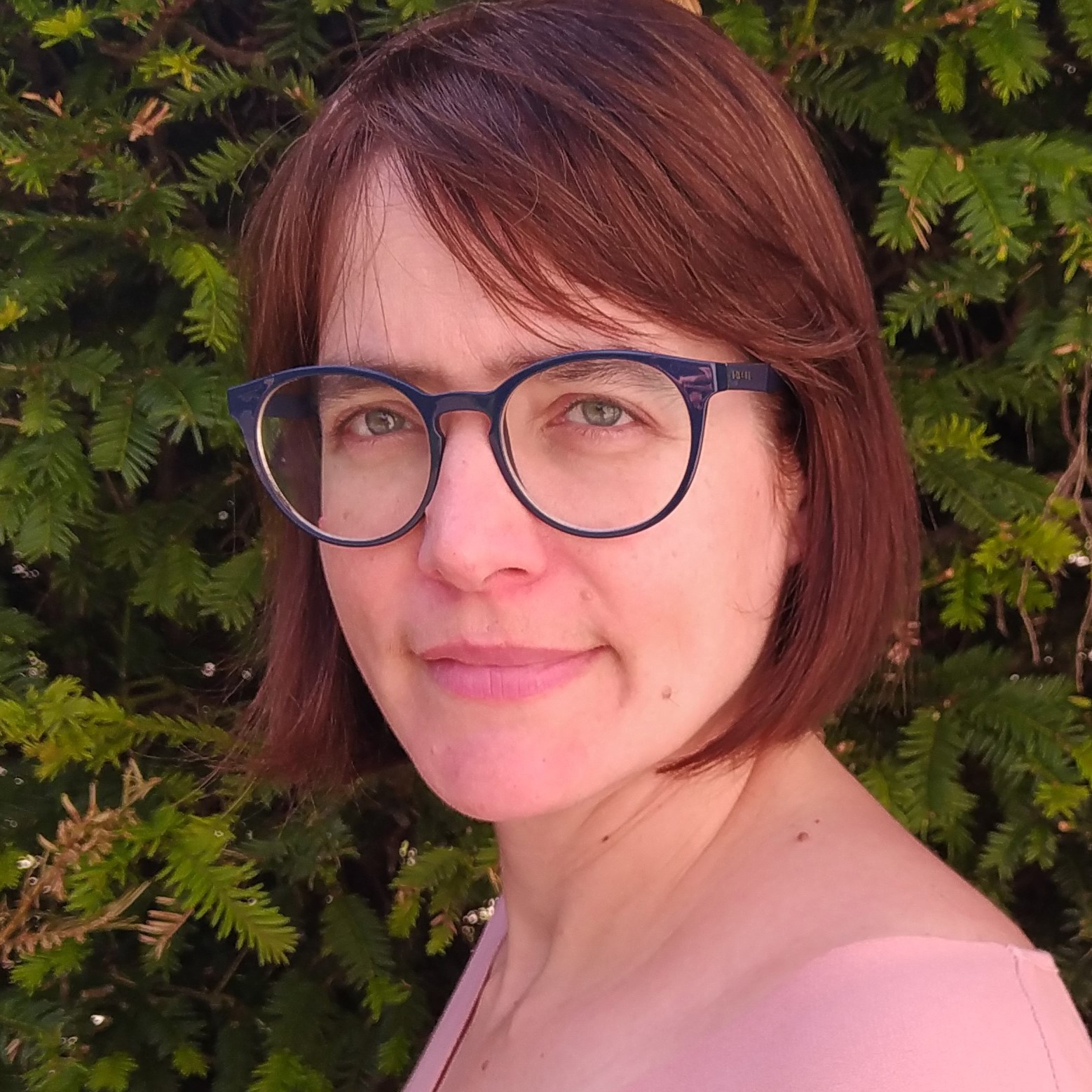
Imola Bedo, Policy Officer, European Commission (Belgium)
Imola Bedo is the Policy Officer in the Environmental Footprint team at the Directorate-General Environment of the European Commission. She has been working on the Environmental Footprint methods since their beginnings and followed the development of product and sector-specific calculation rules during the Environmental Footprint pilot phase. Now she is focusing on policy applications for the methods, mainly in the area of green claims.
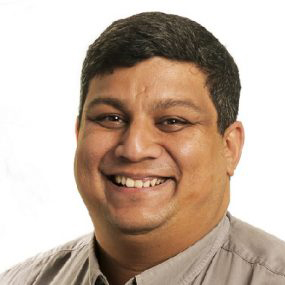
Pramit Chanda, Global Director Textiles, IDH – The Sustainable Trade Initiative (The Netherlands)
Before becoming the Globar Director of Textiles in 2021, Pramit was the Country Director of IDH India, where he was working on the responsible sourcing agenda and sustainability programmes on Tea, Fruits & Vegetables, Palm Oil, Apparel Worker Safety and Spices. He also served as the Global Program Director for the Cotton & Apparel verticals. For the past 14 years, he has cooperated with retail brands, textile supply chains and civil society in key markets to mainstream the adoption of sustainable raw materials. Before IDH, he worked at IKEA for over 5 years, responsible for IKEA’s global sustainable cotton programme to achieve the goal of 100% sustainable cotton by 2015.
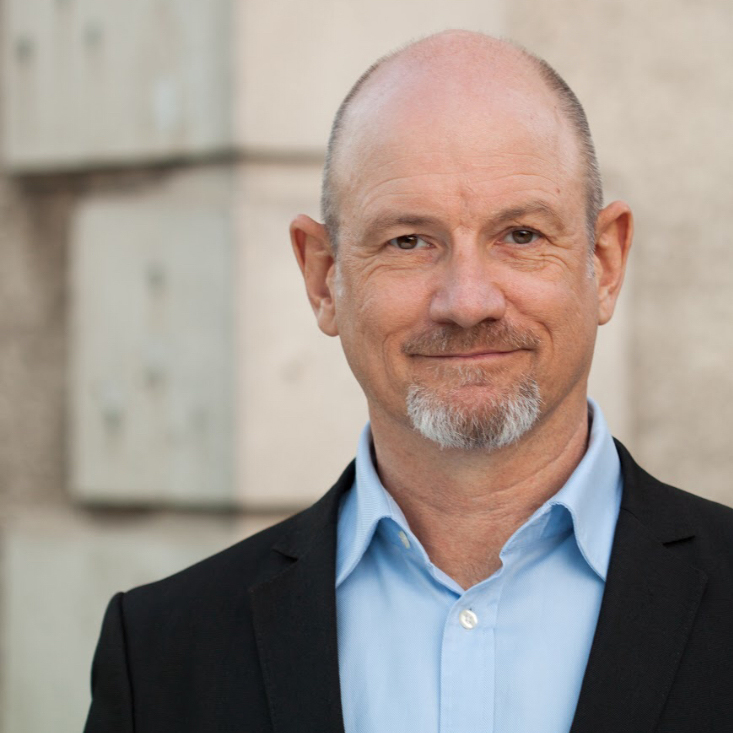
Paul Chatterton, Lead and Founder, Landscape Finance Lab (Austria)
Paul Chatterton is the lead and founder of the Landscape Finance Lab, a global platform for incubating and financing sustainable landscapes recently spun out of the conservation organisation. During his career at WWF, Paul has catalysed results including two of the world’s largest forest and carbon (REDD+) programs at the landscape scale, Europe's longest river protected area and the largest rainforest reserve in the Pacific. He is co-author of the Little Sustainable Landscape Book and is co-initiator of Meridia, a mobile app to provide affordable land tenure to rural communities.
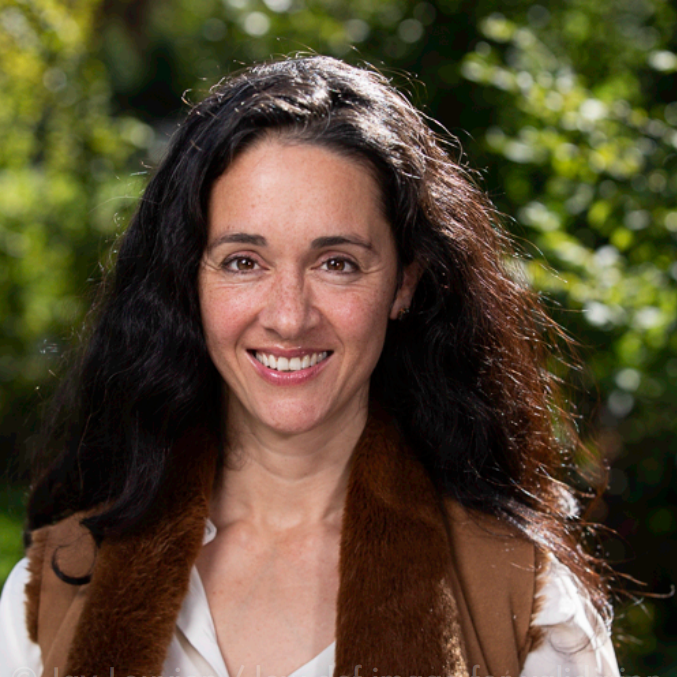
Alia Malik, Senior Director, Data and Traceability, Better Cotton (UK)
Alia Malik is Senior Director of Data and Traceability at Better Cotton Initiative, working to transform our model and systems to meet our mission to help farmers survive and thrive. In her work at Better Cotton, Alia is working to bring traceability to the mainstream in the cotton sector, to unlock opportunities for farmers and the sector as a whole. She brings a deep commitment to the SDGs and previous experience across the social enterprise, not-for-profit management and UN organisations across Asia, Africa and Europe. Alia is also the founder of two social enterprise start-ups, one in FMCG in China – Shangrila Farms – and more recently a farming app for smallholders – FarmSmart.
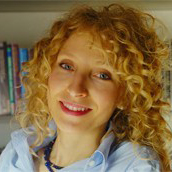
Chiara Trabacchi, Climate Change Manager, British International Investments (UK)
Chiara is the Climate Change Manager at British International Investments, where she leads the implementation of the adaptation and resilience-building rock of BII’s Climate Change strategy. Before joining BII, she worked for more than 10 years as a technical advisor on climate and adaptation finance at several public and private organizations such as the IDB Group, the World Bank Group and Acclimatise. Chiara holds a PhD in Science and Management of Climate Change from the University of Venice, and a master’s degree in Business Administration and Management from the Catholic University of Milan, Italy.
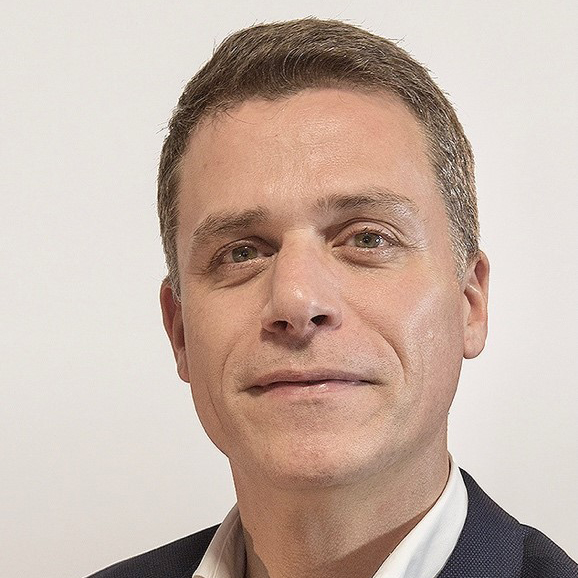
Rui Fontura, Fiber and Materials Strategy Lead: Cotton & Crops, Textile Exchange (UK)
As the Fiber & Materials Strategy Lead for Cotton and Crops, Rui is developing and implementing a Climate+ based industry road map for sustainable cotton and other fibre crops, incorporating ambitious direction-of-travel goals. Before joining Textile Exchange, he held various manufacturing and corporate level positions in the fashion industry, addressing the supply chain from raw materials to finished products, focusing on product innovation and global sourcing.
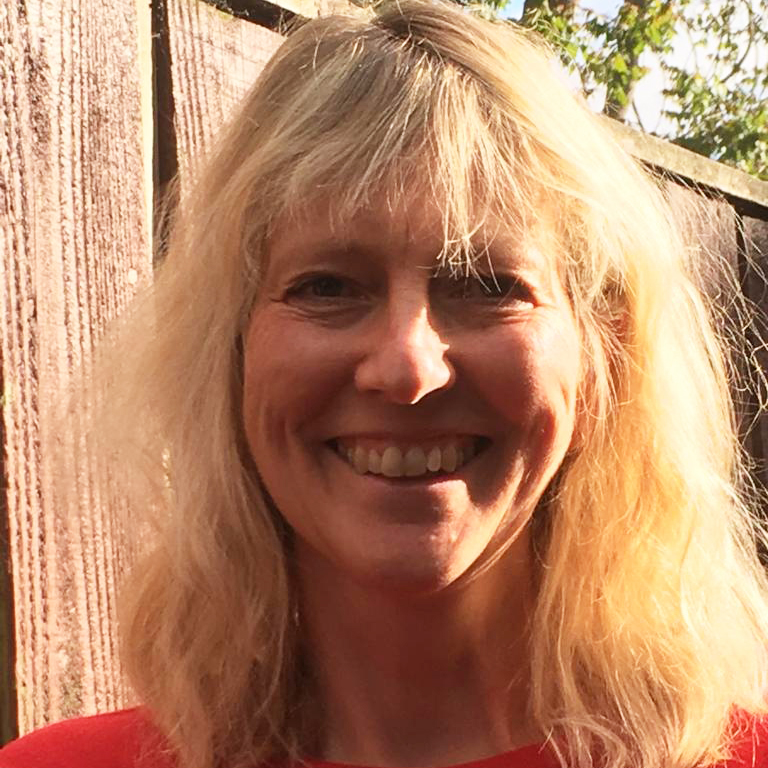
Angela Russ, Senior Manager, Implementation, Better Cotton
Angela has over 20 years of experience working in international development. She has experienced the sector from all angles, having worked with ‘local’ NGOs in India, Ghana and Senegal, INGOs in the UK and, latterly, with funders. Since 2020, she has worked with Better Cotton on the Programmes Team, focusing on small farms and the Growth and Innovation Fund which supports Better Cotton’s partners in their activities with farmers and workers.
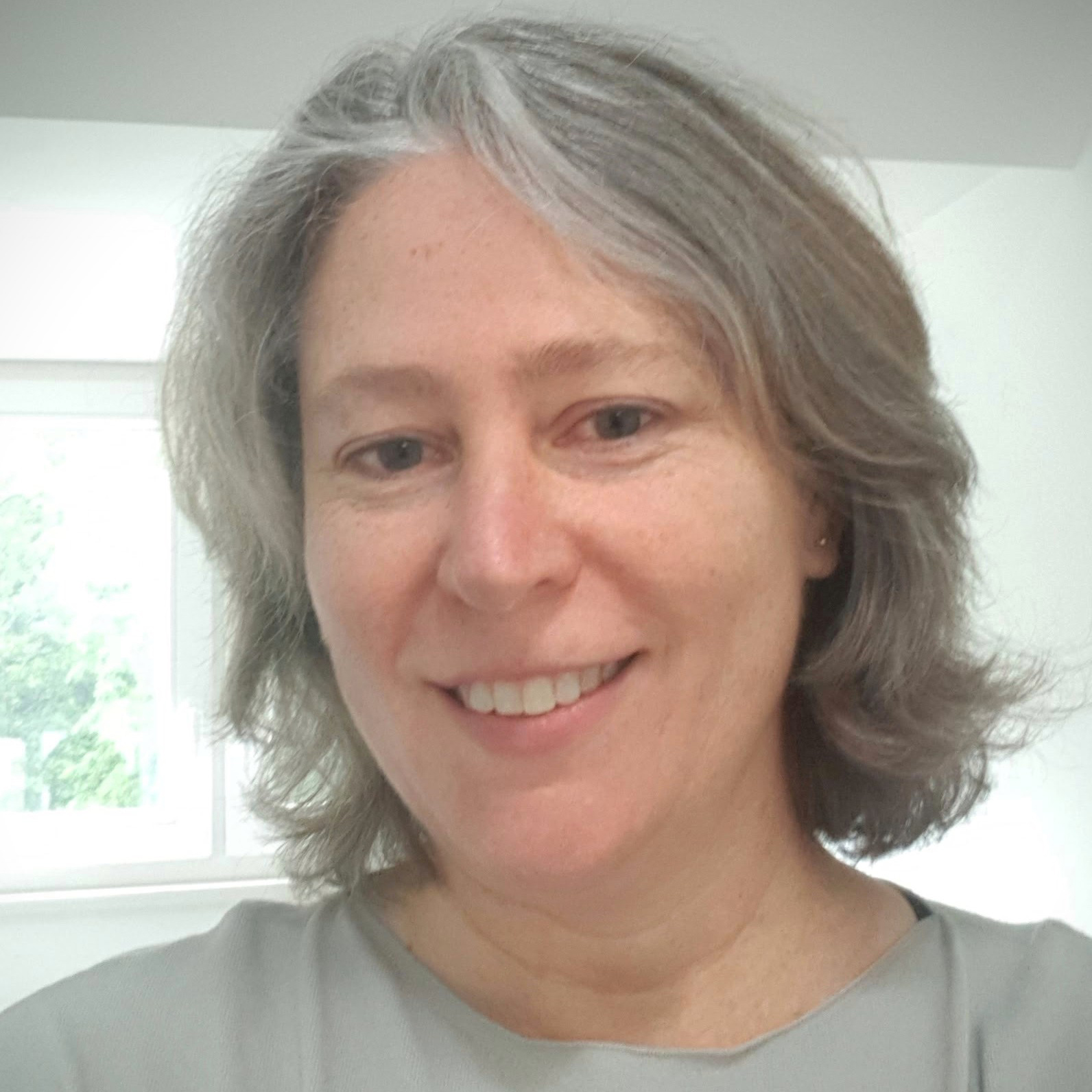
Kristin Komives, Director of Programmes, ISEAL (Belgium)
Kristin Komives is the Director of Programmes for ISEAL, where she has led work on monitoring and evaluation, measurement and metrics, and topics such as living income and a living wage. She currently oversees the implementation of ISEAL's strategy across all its programme areas. Kristin has an academic background in environmental planning and economics, as well as international development. She also worked for 10 years as a lecturer at the International Institute for Labour Studies.
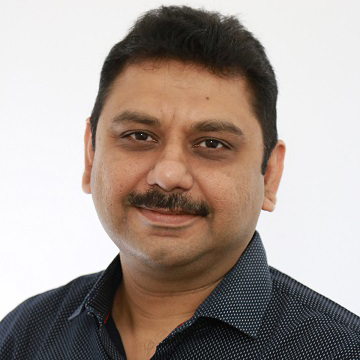
Arvind Rewal, Global Cotton Development Manager, IKEA (Sweden)
Arvind is a textile professional with over 25 years of experience. He currently works as the global cotton manager for IKEA and has been engaged in various cotton and sustainability projects over the years. He has been part of the Better Cotton journey since the beginning in various roles and responsibilities, from implementation partner to one of the main consumers of Better cotton. He has a deep passion and working knowledge of the different aspects of social, economic and agronomic sustainability in cotton and textile supply chains.
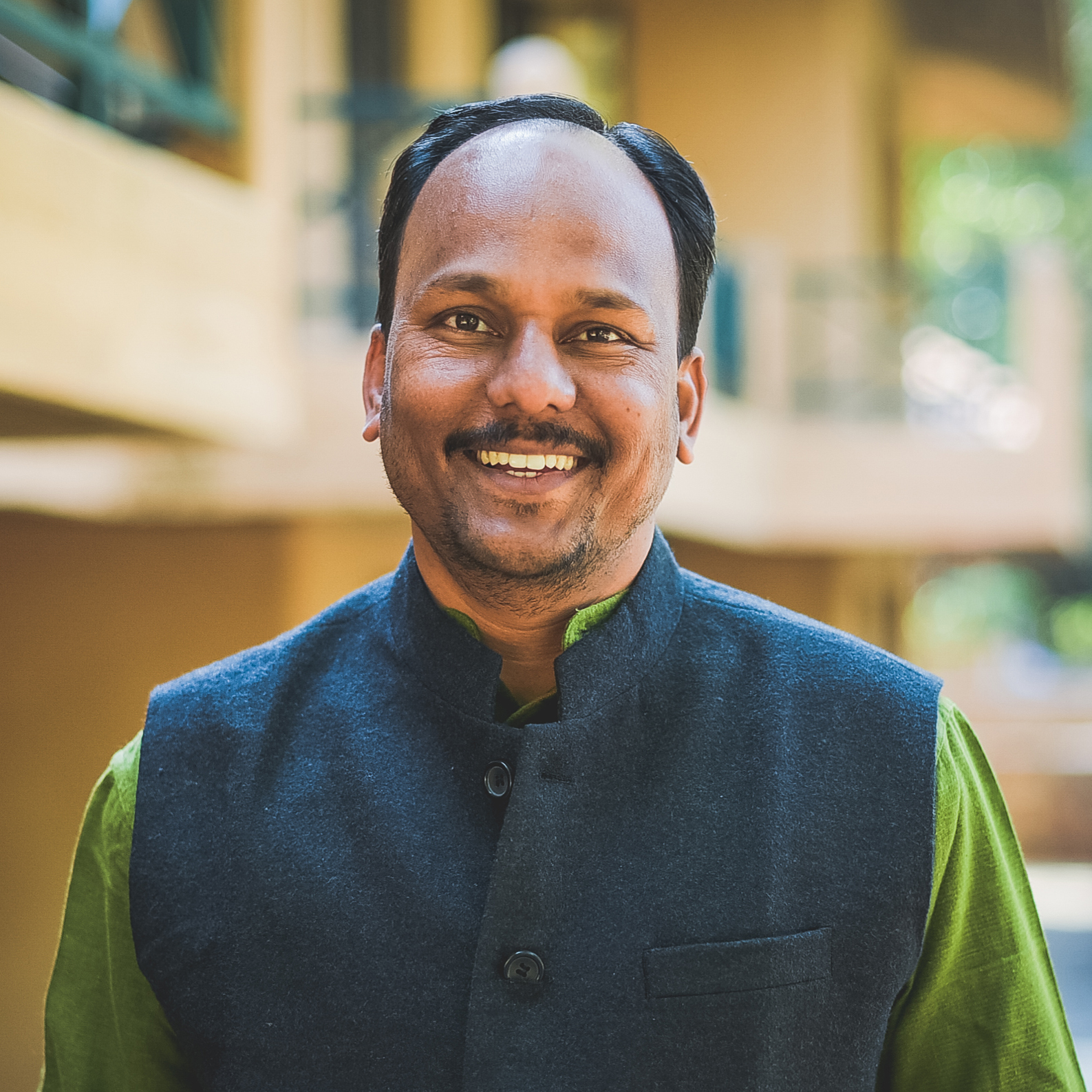
Ashif Saikh, Co-Founder, Jan Sahas (India)
Ashif Shaikh is the co-founder of Jan Sahas, an Indian community-centric organisation that aims to eliminate sexual violence and forced labour by focusing on the most excluded social groups. He also leads the Migrant Resilience Collaborative (MRC) and works with 2.8 million migrant households. In addition, he is a member of several Indian government ministries and serves on the board of multiple international CSOs and networks. He has received various awards including Schwab Foundation Social Innovator and Star Impact Award by Bill Clinton. Ashif has 22 years of experience working on safe migration, worker protection, ending forced labour practices, and violence against women and children.
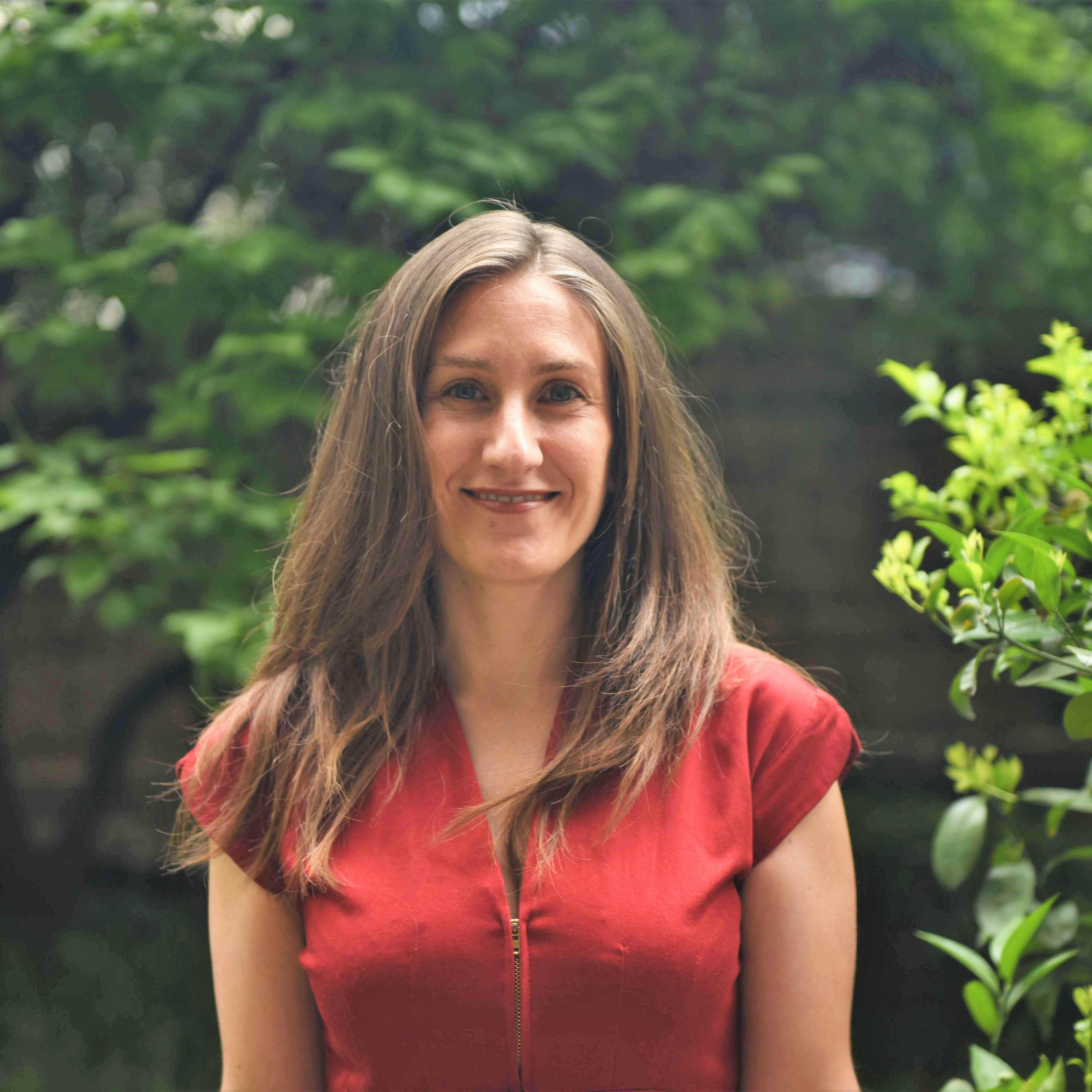
Eliane Augareils, Senior Monitoring, Evaluation & Learning Manager, Better Cotton
Eliane is the Delta Project lead and works as a Senior Monitoring & Evaluation Manager at Better Cotton, focusing on impact research and evaluation of projects. Before joining BCI in 2018, she worked in Financial Inclusion and the financing of sustainable agriculture in emerging markets.
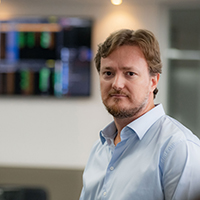
Guilherme Sheffer, Chief Commercial, Finances & New Business, Scheffer Group (Brazil)
Born in Brazil, Guilherme is Director and Shareholder and part of Sheffer’s second generation. He is also a member of the International Cotton Association (ICA), the Rabobank Farmer Future Council and the Global Council of UPL's Clients. Looking for innovation as well as expanding the company abroad, Guilherme believes that it is possible to combine productivity and sustainability. Therefore, in 2015 Scheffer's partners decided to invest in regenerative farming practices. Scheffer became the first company in Brazil to receive the regenagri certification, which meets Control Union's criteria. Its goal is to become a company employing 100% regenerative farming practices in a few years.
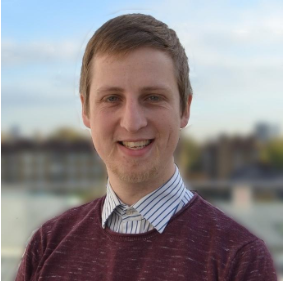
Felix Fehling, Senior Coordinator, Membership and Engagement, ISEAL (UK)
In his daily activities, Felix coordinates peer learning groups of ISEAL members, including Better Cotton, on credible system practices and sustainability policy. ISEAL supports its members and their partners to continuously improve their social and environmental impacts. With a background in EU policy, Felix focuses on the EU Green Deal and how it affects sustainability systems and stakeholders inside and outside of the EU. He analyses policy developments and helps ISEAL members to better understand and respond to them.
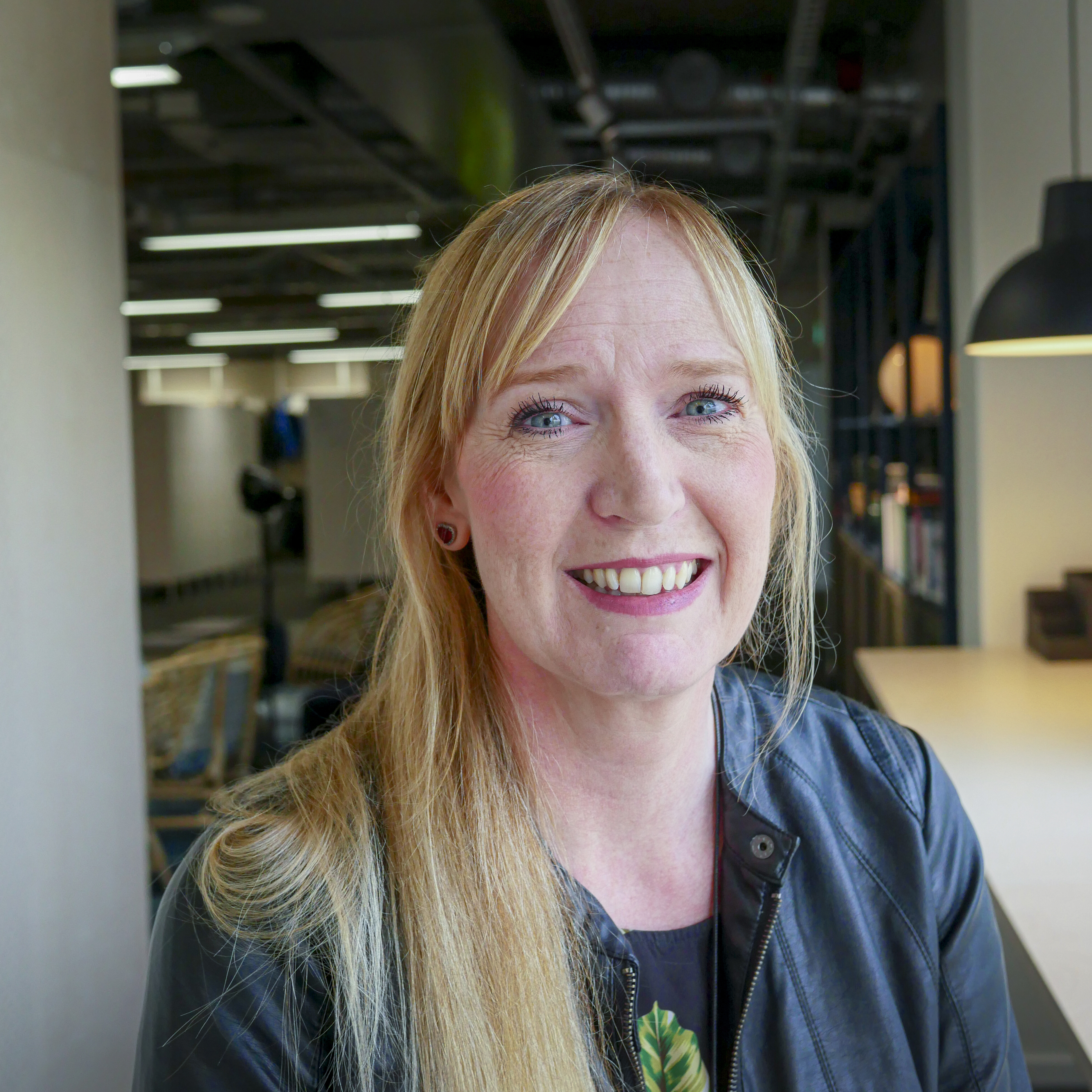
Caroline McGarvey, Material and Innovation Area Manager Textiles, IKEA (Sweden)
Caroline is currently working on Material innovation for IKEA, with a focus on textiles and comfort applications. She has been working for IKEA for over 20 years, first in Supply chain and Sustainability and now in shaping the future direction of the company to develop better materials to reduce climate impact. She values how people can work together to provide innovative new products to the next generation of customers, while enabling us to have a positive impact on our communities and our environment.
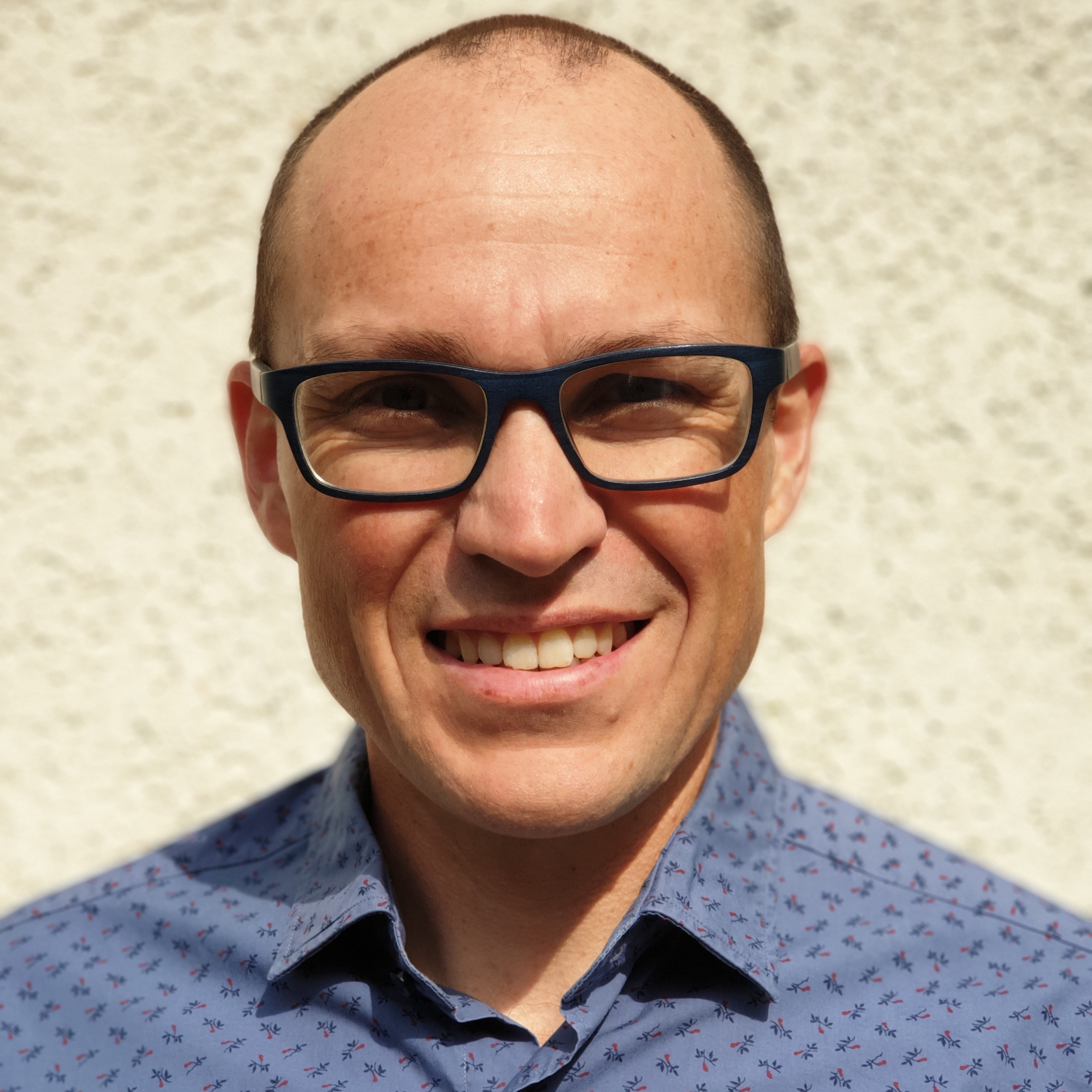
Kristian Doolan, Head of Innovation, FarmerConnect (Switzerland)
An advocate for positive change, Kristian knows that technology is most powerful when the communities it impacts are empowered to actively engage and seize opportunities. His passion for agricultural technology (Agtech) began more than 30 years when at the age of 12, he implemented a farm management system for his family's dairy farm. It led to extensive experience within supply chains & technology chains at leading Agri companies. Kristian earned his Astrophysics and Philosophy degrees from Monash Uni in Australia
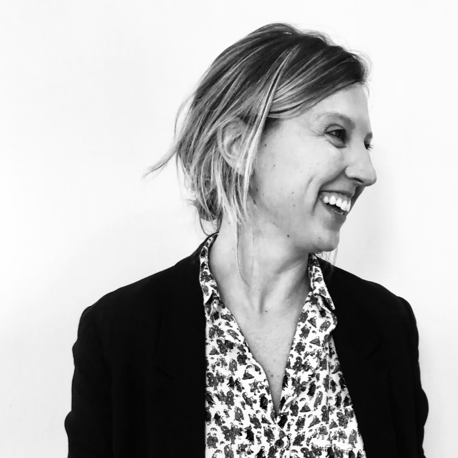
Maria Luisa Martinez Diez, Public Affairs Director, Global Fashion Agenda / Policy Hub (Denmark)
As the Public Affairs Director, Maria Luisa Martinez Diez is responsible for developing and executing GFA´s policy engagement strategy. Her responsibilities are to ensure strategic engagement with relevant stakeholders and develop partnerships with key organisations. She also leads the partnership with the Policy Hub-Circularity for Apparel and Footwear. Maria brings over 10 years of experience in public affairs. She has worked at the European Commission, the Regional Office of Madrid and the Brussels-based consultancy EURALIA where she headed the agri-consumer department working on circular economy and sustainability in the supply chain, including the fashion and food industries.
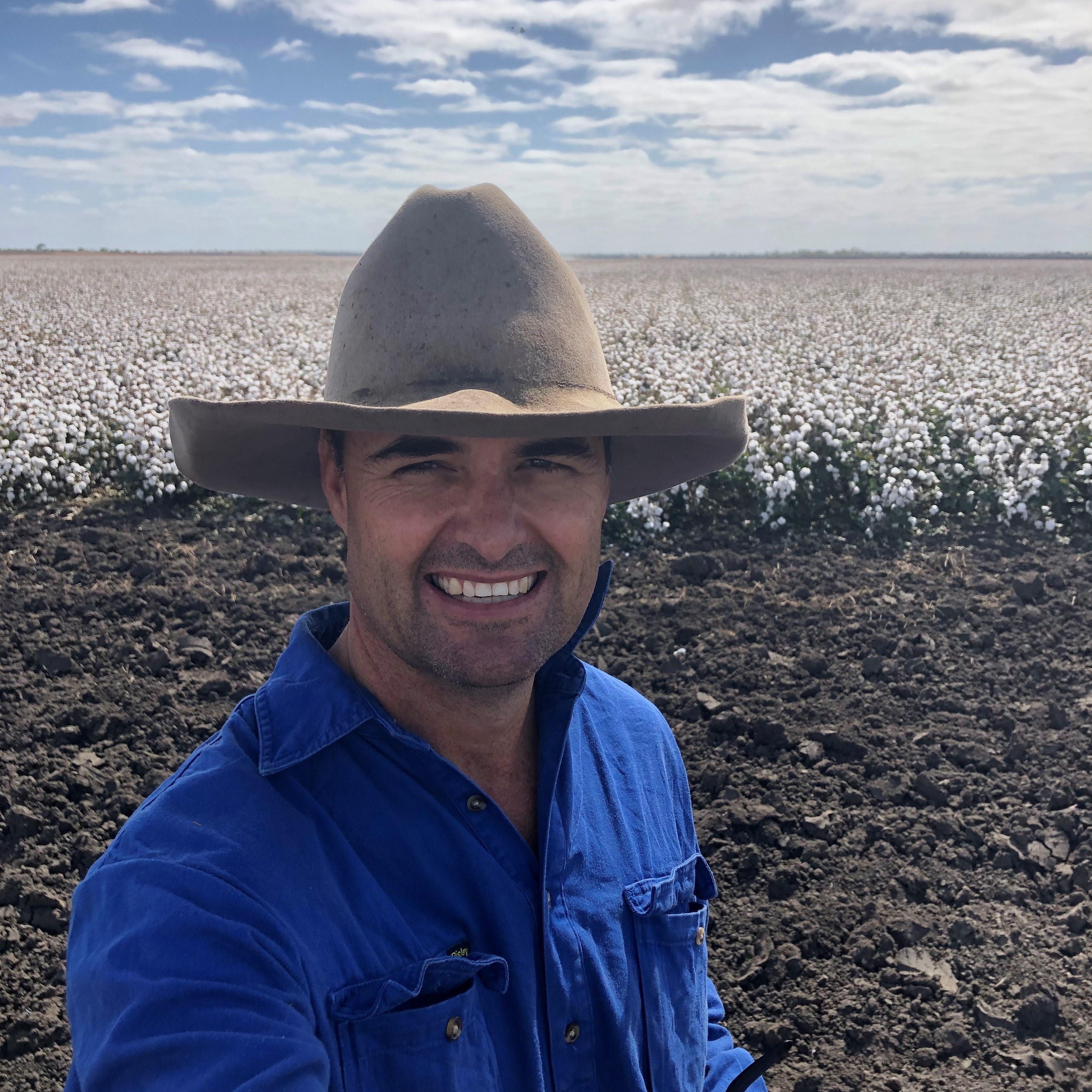
Nigel Burnett, Chairman, Cotton Australia (Australia)
Nigel is the Chairman of Cotton Australia and is a second-generation cotton farmer from Emerald, Australia. He has extensive field experience in sustainable and responsible irrigated and rainfed cotton production. Nigel's family farm is myBMP and BCI certified and has been producing Better Cotton for the market for the last five years. Nigel is passionate about how cotton growers will use technology and best practice to overcome the challenges of climate change.
.jpg)
Narjis Fatima, Woman Field Facilitator, WWF – Pakistan (Pakistan)
From an early age, Narjis developed a special love and affinity for agriculture and nature. Her mother, who was a cotton picker and a leader for women workers’ rights, inspired her to support women in the cotton sector. WWF-Pakistan appointed her as a Field Facilitator in 2018. Narjis has since trained countless women from the local villages and communities on better cotton-picking practices.
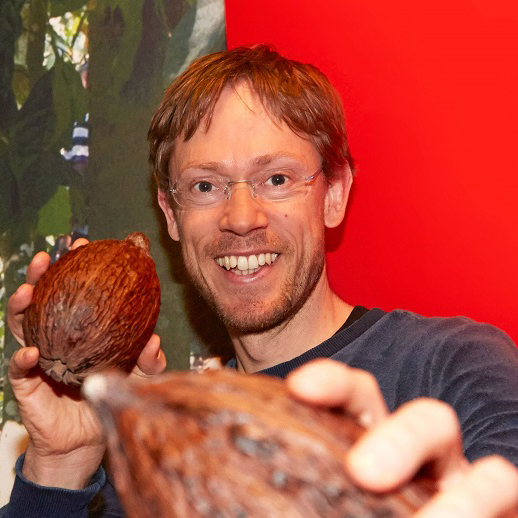
Ywe Franken, Podfather, Tony's Chocolonely (The Netherlands)
Ywe is currently working at Tony’s Chocolonely, whose mission is to make all chocolate 100% slave-free. He is an Agronomist by education and has experience in bio-energy, cocoa sustainability and traceability.
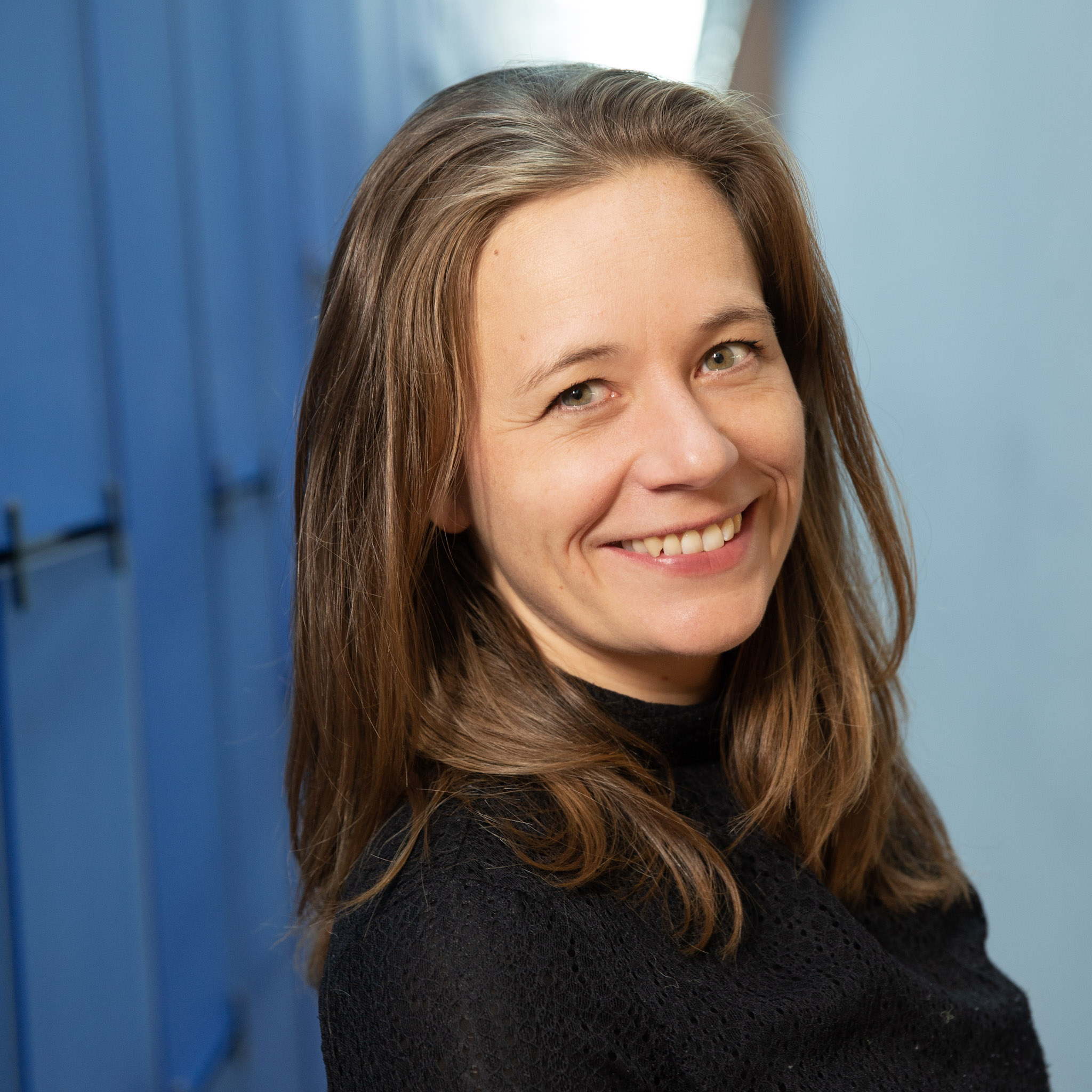
Martine Jansen, Head of Partnerships, Acorn, Rabobank (The Netherlands)
Martine Jansen is Head of Partnerships at Acorn, a new initiative within Rabobank to stimulate the transition of smallholders to agroforestry by certifying, monitoring and marketing carbon sequestration at scale. A marketplace is created to link the farmers to corporates wishing to offset their carbon emissions with high-quality, traceable credits. Before this, Martine worked for Rabo Foundation as a Program Manager providing high-risk loans to farmer-based organizations and later as a Sr. Innovation Manager focusing on using data and technology to improve the access and quality of services to smallholder farmers.
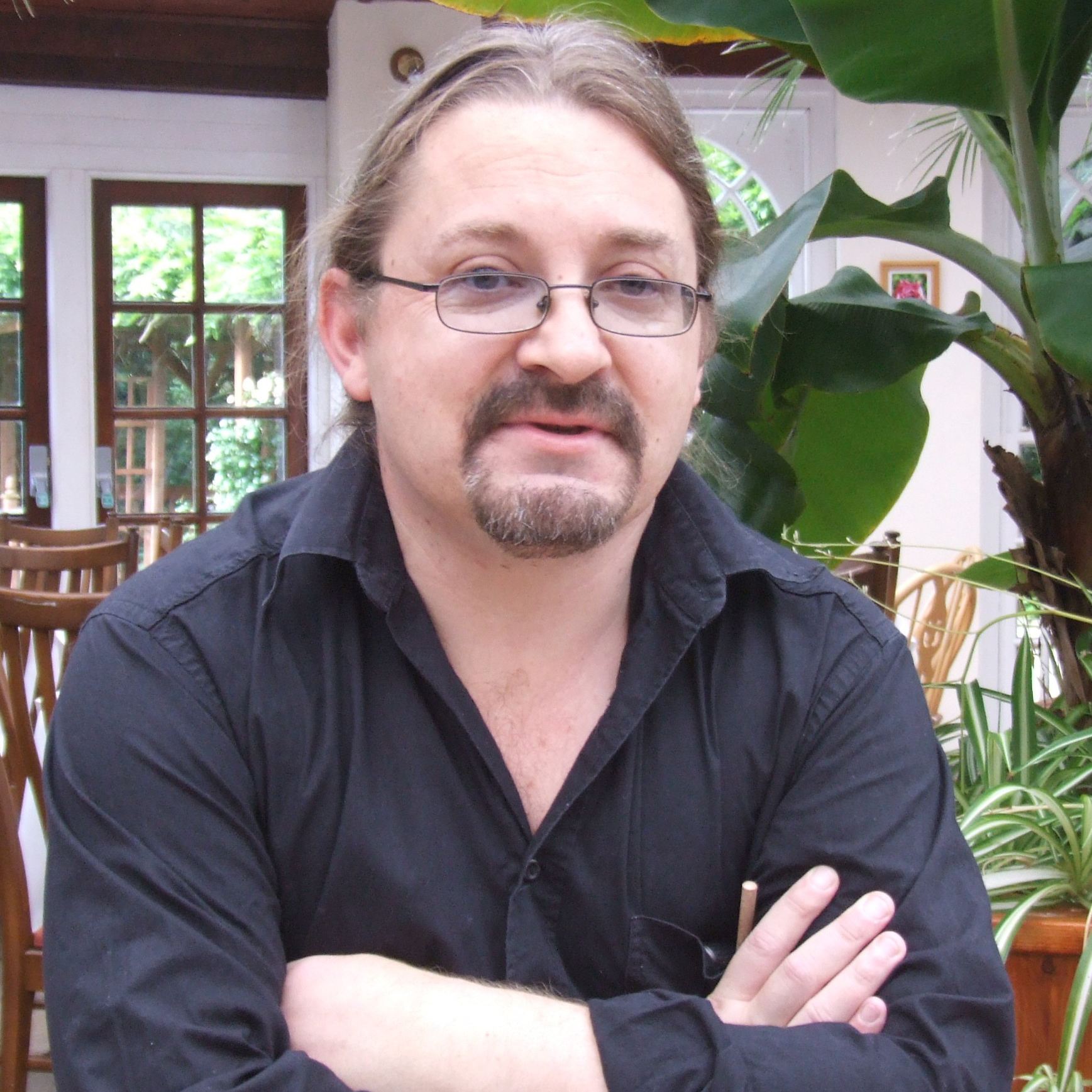
Simon Ferrigno, Freelance Researcher and Writer (UK)
Simon Ferrigno is a freelance researcher and writer on cotton and sustainability with over 20 years of experience, investigating problems and alternatives in sustainable agriculture for public and private clients. He is a regular speaker at international events, the author of 'An Insider's Guide to Cotton and Sustainability' and 'An Inside Guide to Cotton & Sustainability and a regular contributor to Ecotextile News magazine. He has previously worked for PAN UK and the International Institute for Environment and Development. Simon is also editor of Central Bylines, coordinator of a project on Black Heritage in Nottingham, Chair of European Movement Derbyshire and a member of European Movement UKs National Council.
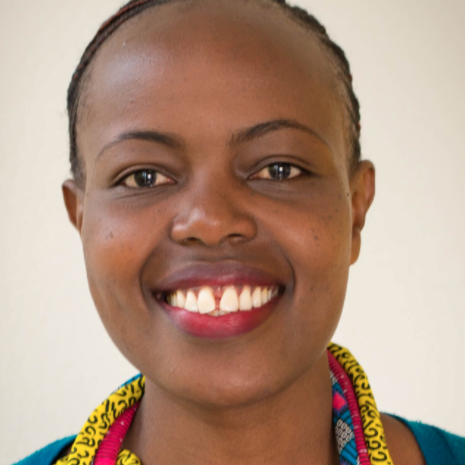
Njeri Kimotho, Global Gender Equality & Social Inclusion Expert and International Policy Advisor, Solidaridad Network (Kenya)
Njeri Kimotho is an international policy advisor, Gender Equality & Social Inclusion (GESI) expert, capacity builder, coach, and mentor working in inclusive sector transformation. She is an expert and consultant with field experience in Africa, Latin America, and Asia. Her longstanding experience in international development intersects feminism, intersectionality, gender equality, social inclusion knowledge, and practices. Njeri has led regional and global teams, conducted feminist research, curated courses, and created partnerships with CSOs, INGOs, Donors, CBOs, Private sector players, women’s rights organizations and movements, and Government. Njeri also is an Advisory Board Member for Diversity Advancement Network (DAN) in Toronto, Canada.
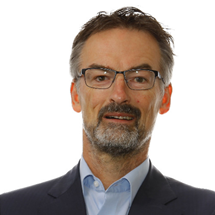
Johan Zandbergen, CEO, Chainpoint (The Netherlands)
Johan started the software company ChainFood - later ChainPoint - after a crisis with contaminated eggs proved many companies in the food supply chain had poor awareness of the origins of their products. With ChainPoint, this later expanded to other industries as well. Currently, ChainPoint provides its highly customisable platform to many enterprises and standards worldwide. More than 70,000 people use ChainPoint software in one way or another.
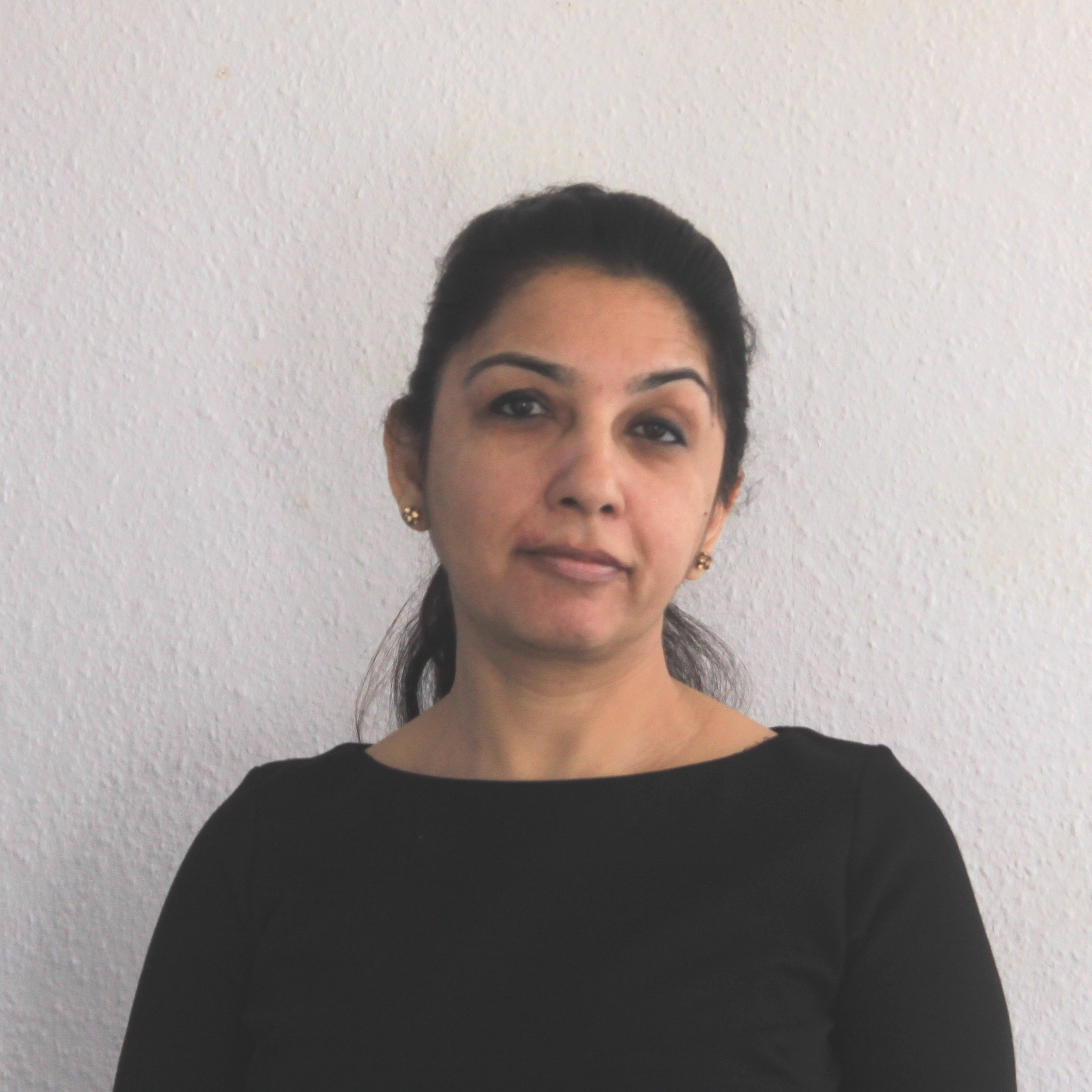
Subindu Garkhel, Global Cotton & Textiles Lead, Fairtrade (UK)
Subindu Garkhel has hands-on commercial experience in the clothing industry in India, Bangladesh and the UK. With a Masters’s in Social Development, she brings a perspective and sensitivity to the challenges and realities of both worlds. She is passionate about an integrated, participatory and inclusive approach to development, values that are aligned with the principles of Fairtrade. She also serves on the Board of Ethical Trading Initiative and is a member of various expert committees and external working groups in the sector.
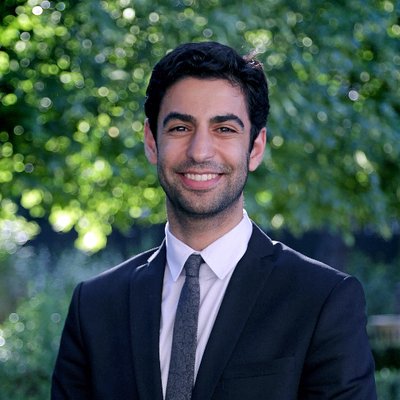
Rashad Abelson, Legal Expert, Responsible Business Conduct, OECD (France)
At the OECD, Rashad is responsible for conducting research and providing policy advice on international legislative and industry-wide developments related to responsible business conduct and due diligence, with a particular focus on the extractives sector and mineral supply chains. He has recently been working on exploring issues related to digitalisation and emerging tech (AI, online platforms, and blockchain).
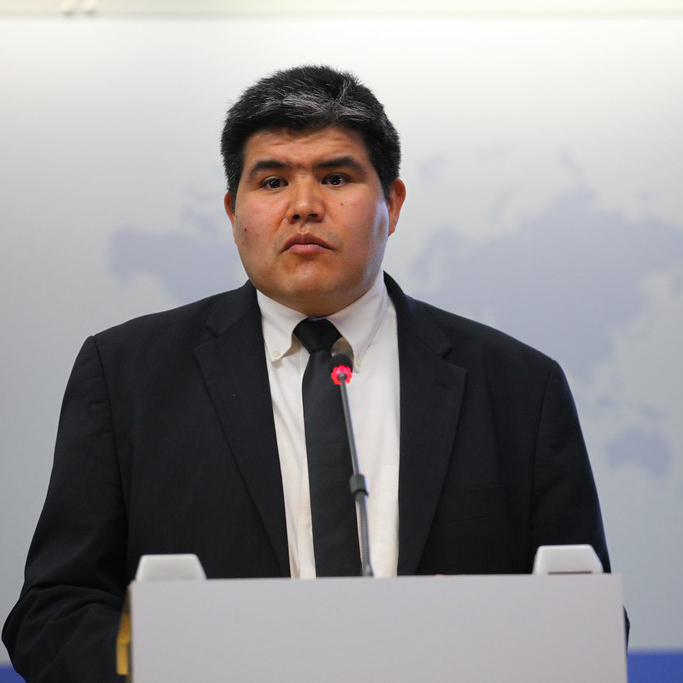
Ronald Vargas, Secretary Global Soil Partnership, Food and Agriculture Organization of the United Nations - FAO (Italy)
Ronald is a soil scientist with over 20 years of working experience in natural resources management with a focus on sustainable soil management for food security and ecosystem services. As the Secretary of the Global Soil Partnership since 2012, he oversaw its implementation and its regional soil partnerships, as well as the establishment of the Intergovernmental Technical Group on Soil. He currently leads technical and scientific cooperation within and between regions and coordinates the development of joint actions among stakeholders to achieve the soil-related SDGs. Since 2014, Ronald coordinates the World Soil Day annual campaigns.
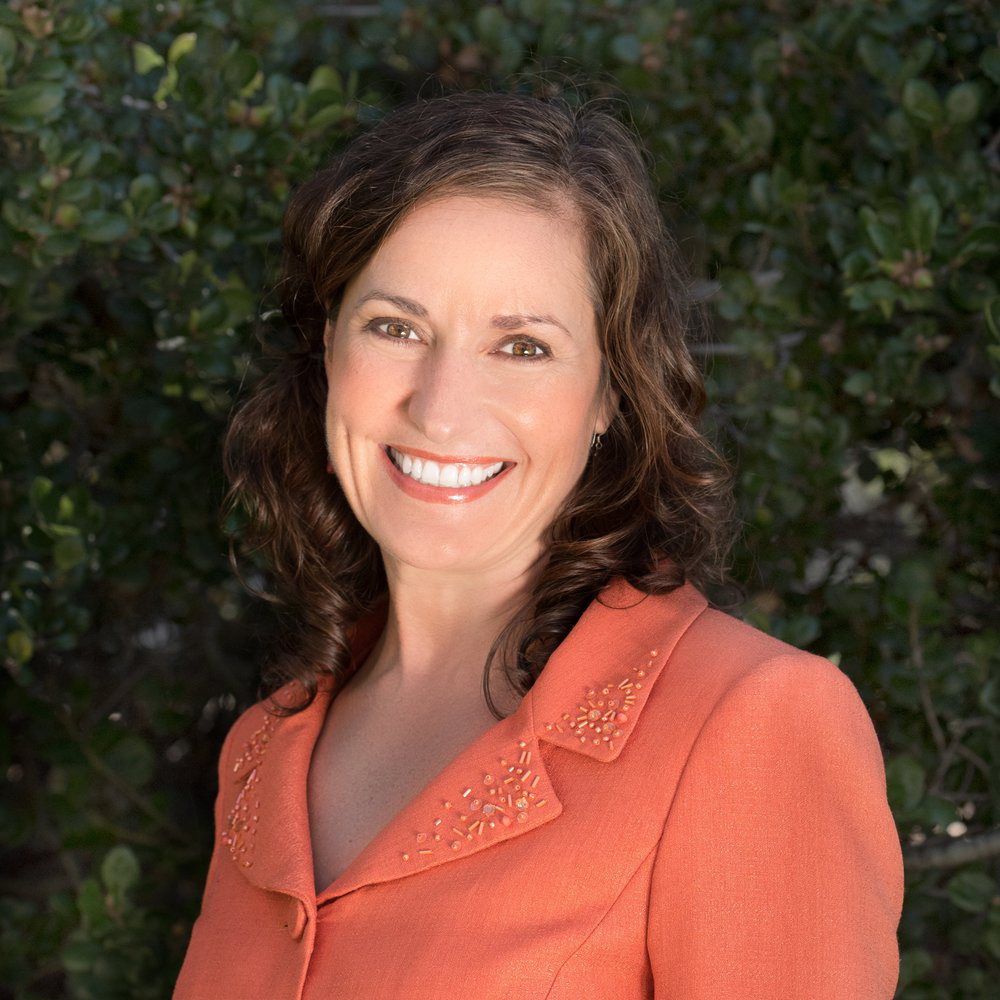
Patricia Jurewicz, Founder and CEO, Responsible Sourcing Network (USA)
Patricia is the Founder and CEO of Responsible Sourcing Network, a for-benefit NGO that champions human rights in the mining and harvesting of raw materials found in products we use every day. Since 2004, Patricia has worked with civil society and shareholder communities to address labour and human rights abuses. She is spearheading RSN’s latest initiative, YESS, which aims to eliminate forced labour from cotton production globally. Patricia has contributed to KnowTheChain’s benchmarking reports, OECD’s due diligence guidance for the garment sector, and Better Cotton’s forced labour task force. Before RSN, Patricia managed production at Gap, Inc., encouraged equitable trade for IATP, and trained women's artisan cooperatives.
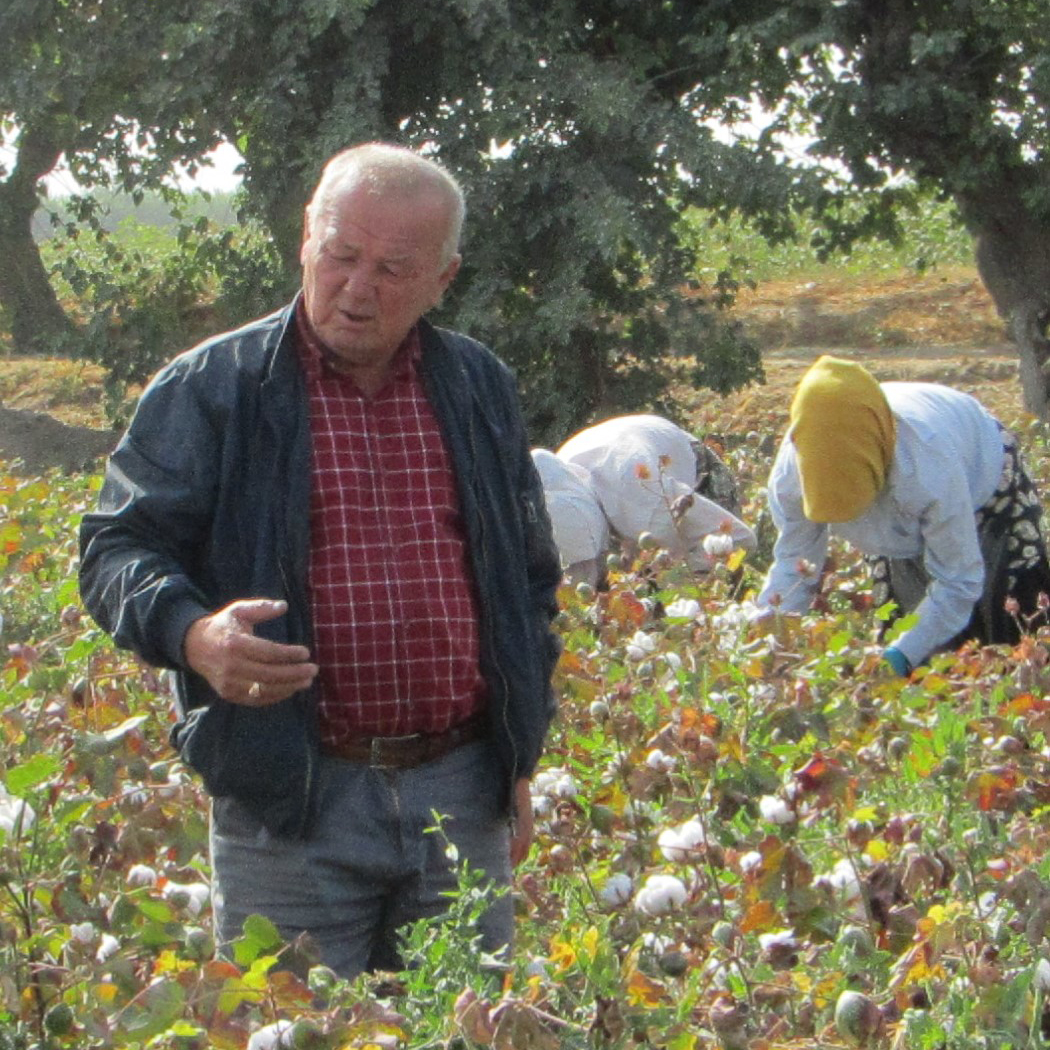
Sharipov Habibullo, Farmer (Tajikistan)
Sharipov is a lead farmer and a consultant in ago. He owns a 15-hectare farm named "Sapidulobobo" since 2010, which is located in the Jabbor Rasulov district of Tajikistan. Part of his cotton production is organized in a demonstration field using water-saving technology. Between 2017 and 2018, he implemented the short furrow irrigation technology and organized water measurements so that he can save water. Sharipov wants to continue to implement efficient irrigation technology by disseminating it to other fields and by providing consultations to other farmers.
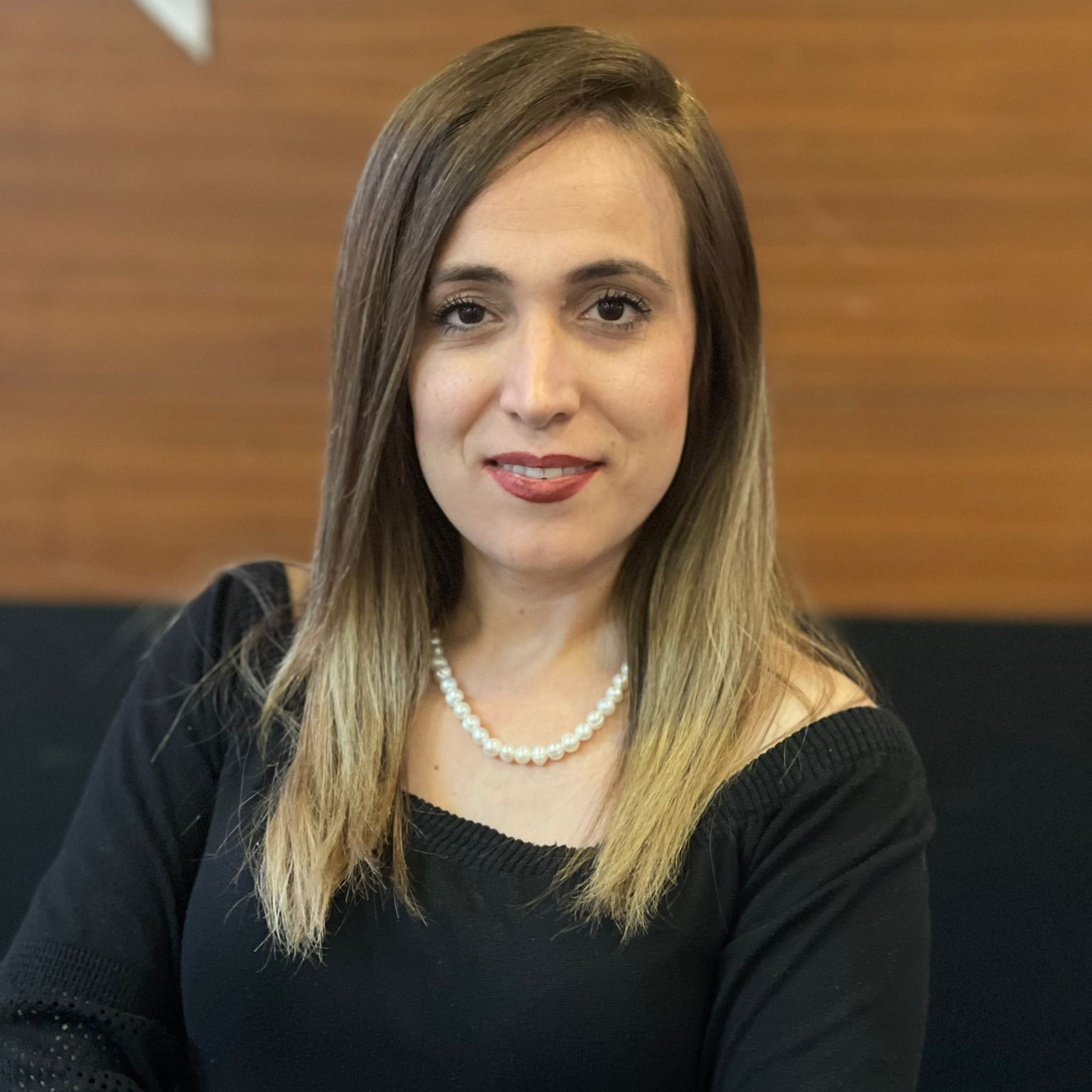
Gülan Oflaz, Producer Unit Manager, UNDP – GAP (Turkey)
Gülan graduated from the Faculty of Agriculture, Department of Soil Science and Plant Nutrition. Combining her hands-on experiences and her expertise, she now works with cotton farmers in Sanliurfa, which sits at the heart of cotton production in Turkey. In her role as Field Facilitator for GAP UNDP, Gülan and her team are responsible for 150 farmers in 25 villages. They conduct field visits, assess the needs of the farmers in their project areas and deliver training on the Better Cotton Standard. Their goal is to support cotton farmers to adopt more sustainable farming techniques and continuously improve their practices.
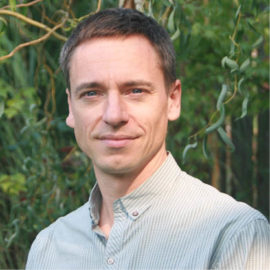
Jeremy Lardeau, VP of the Higg Index, Sustainable Apparel Coalition (Spain)
Jeremy Lardeau is the VP of the Higg Index at the SAC. As part of the leadership team, he oversees the strategic direction and development of the Higg Index suite of tools. Before joining the SAC team, Jeremy was Senior Director of Sustainability Analytics, at Nike, Inc. where he led sustainability reporting, performance management, data products, and reporting. Before Nike, he was a manager with PricewaterhouseCoopers’ sustainability practice, successively working out of the Paris, Mexico City, and San Francisco offices. Jeremy holds a Masters’s in Industrial Engineering from the Ecole Centrale Paris.
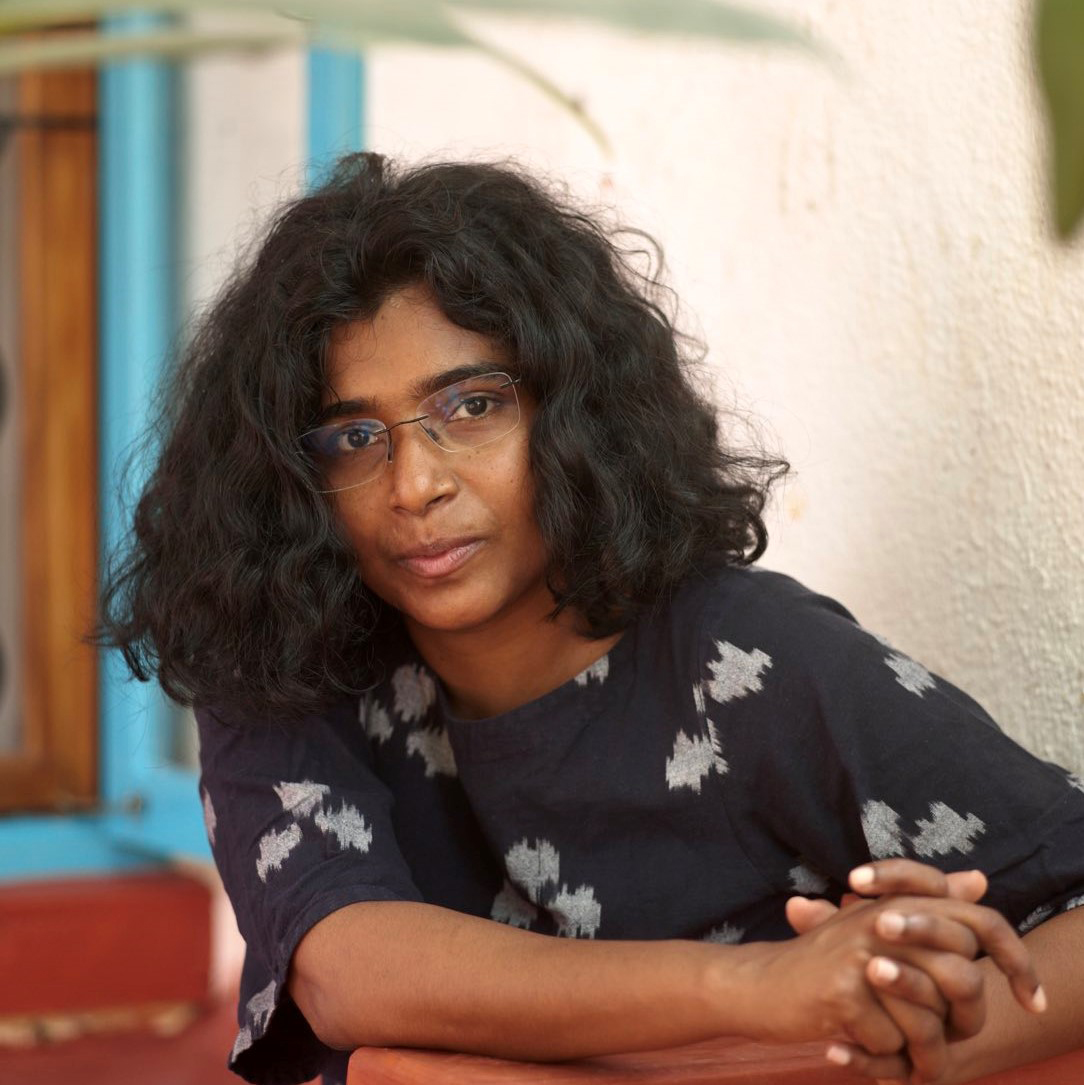
Saleena Pookjunju, Capacity Building Manager, Better Cotton (India)
Saleena is Capacity Building Manager at Better Cotton, focusing on enhancing the capabilities of Programme Partners in India to deliver on the Standard. An economist by training, she worked on the issues of labour rights of migrant workers in India previous to joining Better Cotton and had also been associated with a living wage campaign for Asian garment workers.
Asger Olesen, Chief Climate and Ecosystem Officer, Forest Stewardship Council (Denmark)
Asger Olesen serves as Chief Climate and Ecosystems Officer at Forest Stewardship Council, the forest management certification standard. An accredited global sustainability veteran, he has been working on climate change and the bioeconomy since joining the European Commission in 2011. Also, he currently serves as lead reviewer for the UNFCCC Roster of Experts and was recently accepted as technical expert for REDD-plus Technical Assessments. In addition to being a postgraduate in Project Management, Corporate Finance and Business Administration, he’s a graduate in geography with technical expertise in tropical forest ecosystems, geochemistry, crop systems, and carbon dynamics in land-based production systems.
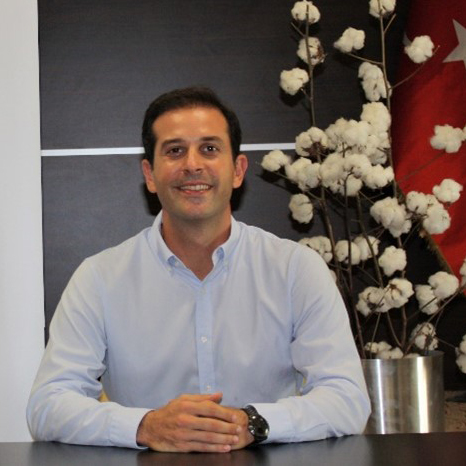
Fuat Tanman, Better Cotton Farmer (Turkey)
A better Cotton farmer since 2013, Fuat is part of a family that has been producing cotton for 3 generations. He currently runs his family farm in the Aydin province of Turkey. As a young farmer, he has implemented various pilot projects on his farm (including technology and sustainability-related projects) and has extensive knowledge of cotton production. He is currently the Chairman of IPUD, Better Cotton's strategic partner in Turkey, and a board member of the National Cotton Council of Turkey. Fuat studied economics and mathematics and has experience in an international auditing firm.
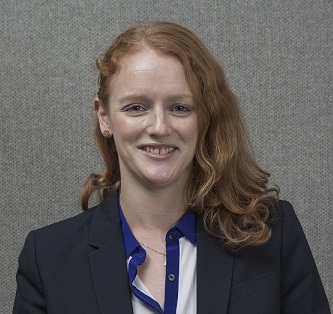
Holly Browne, Associate Director - Sustainable Apparel and Supply Chains, Anthesis Group (UK)
Holly has been working in the Fashion Industry for 15 years. She has spent time in-house (with retailers Ted Baker and Thomas Pink) and has since worked for MADE-BY. She now heads up the Sustainable Supply Chain Team at Anthesis Group as well as the Global Apparel team and has extensive experience supporting brands on their cotton and fibre strategies. Holly works with a diverse range of large, medium and small clients, supporting them on a variety of supply chain issues including creating strategy and policy, circularity, carbon and ethical trading.
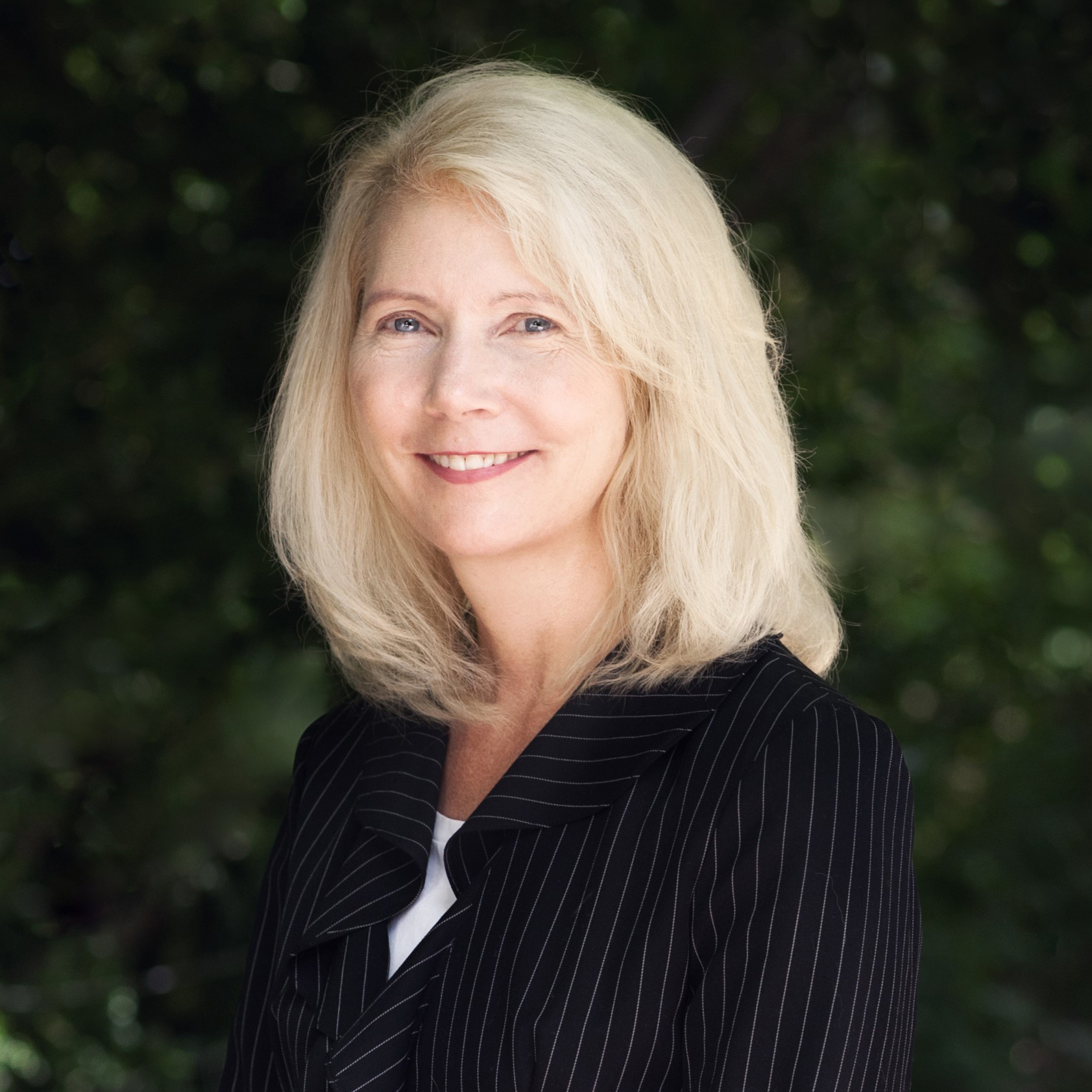
Charlene Collison, Associate Director, Sustainable Value Chains and Livelihoods, Forum for the Future (UK)
Charlene directs Forum for the Future’s global Challenge Lab on Sustainable Value Chains, which works to make value chains of land-based commodities regenerative, resilient and just. She leads multi-stakeholder collaborative initiatives across a range of sectors and themes, including directing the Cotton 2040 initiative. Charlene also leads strategy projects with brands, retailers and foundation partners, with a focus on using futures tools to act on complex systemic challenges in commodity value chains, and on prototyping market solutions. Drawing on over 20 years of experience, Charlene is a lead facilitator on Forum’s School for Systems Change and supports Forum’s leadership on systemic and collaborative change processes.
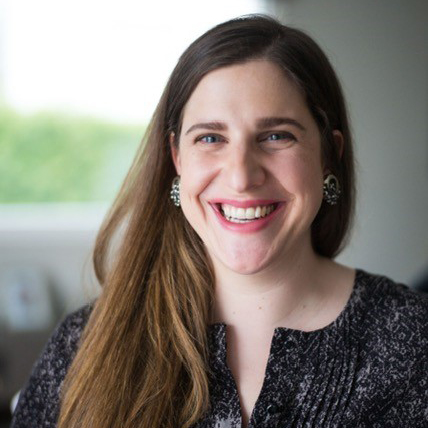
Lisa Ventura, Public Affairs Manager, Better Cotton (Switzerland)
Lisa Ventura is the Public Affairs Manager at Better Cotton where she focuses on shaping a supportive policy environment by advocating for improvements in sustainable cotton production, sourcing and trade. Before joining Better Cotton, Lisa worked for over 8 years at the World Economic Forum (WEF), managing complex models of public-private partnerships to drive social change. With a strong focus on business and human rights, she has been working with leaders from NGOs as well as the private and public sectors to build more resilient and sustainable societies. She holds a MA in International Law from SOAS University and a BA in European Politics from the University of Nottingham.
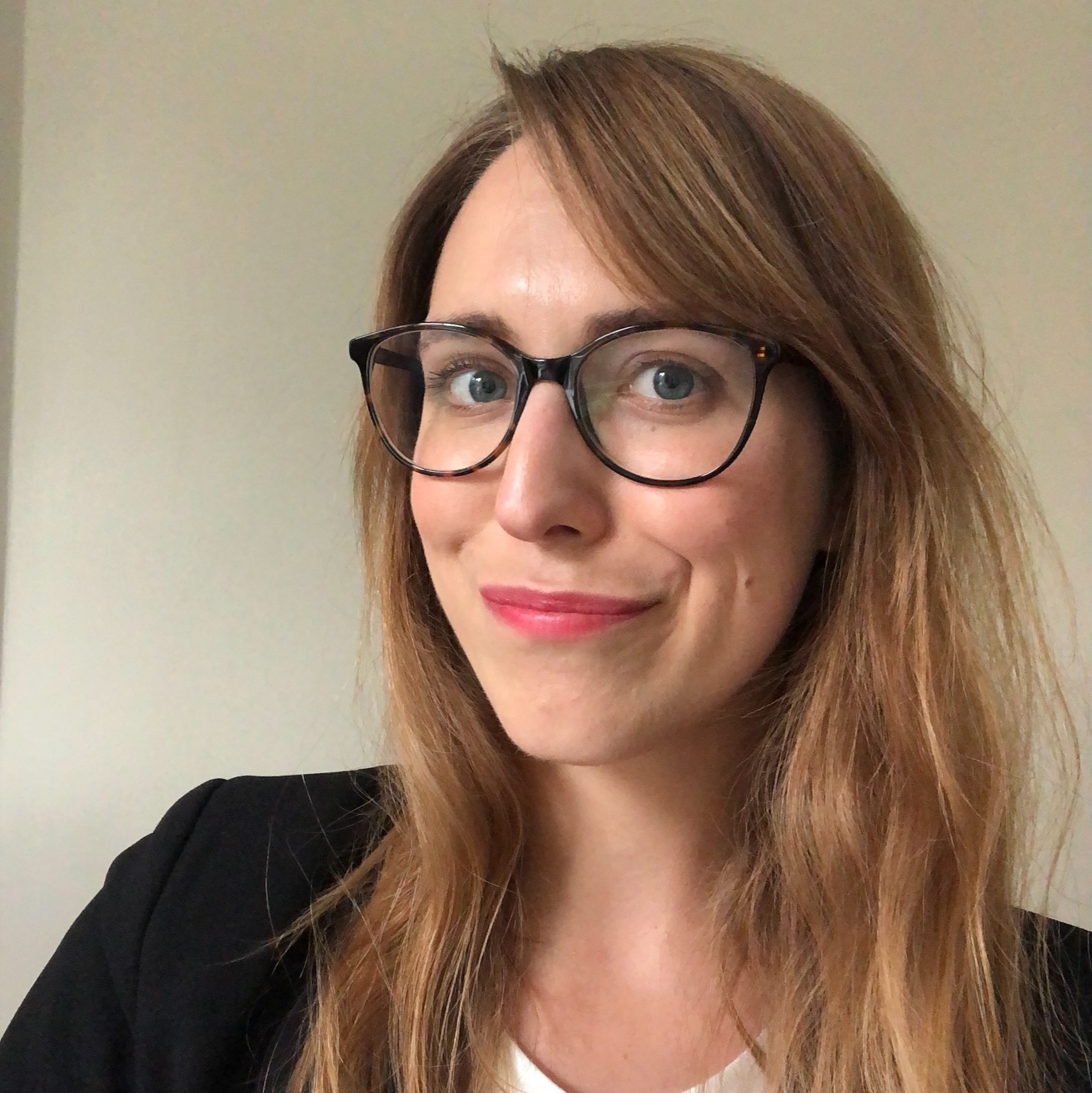
Elodie Gilart, Senior Sustainability Manager, Marks & Spencer (UK)
As Senior Sustainability Manager at M&S Clothing & Home, Elodie has over 8 years of experience in sustainability and raw materials, working with both retailers and suppliers. With a key focus on cotton, Elodie leads M&S’s strategy on materials and circularity for all Clothing & Home products, executing Plan A’s broader commitment to become a net-zero business by 2040 and build a more sustainable future.
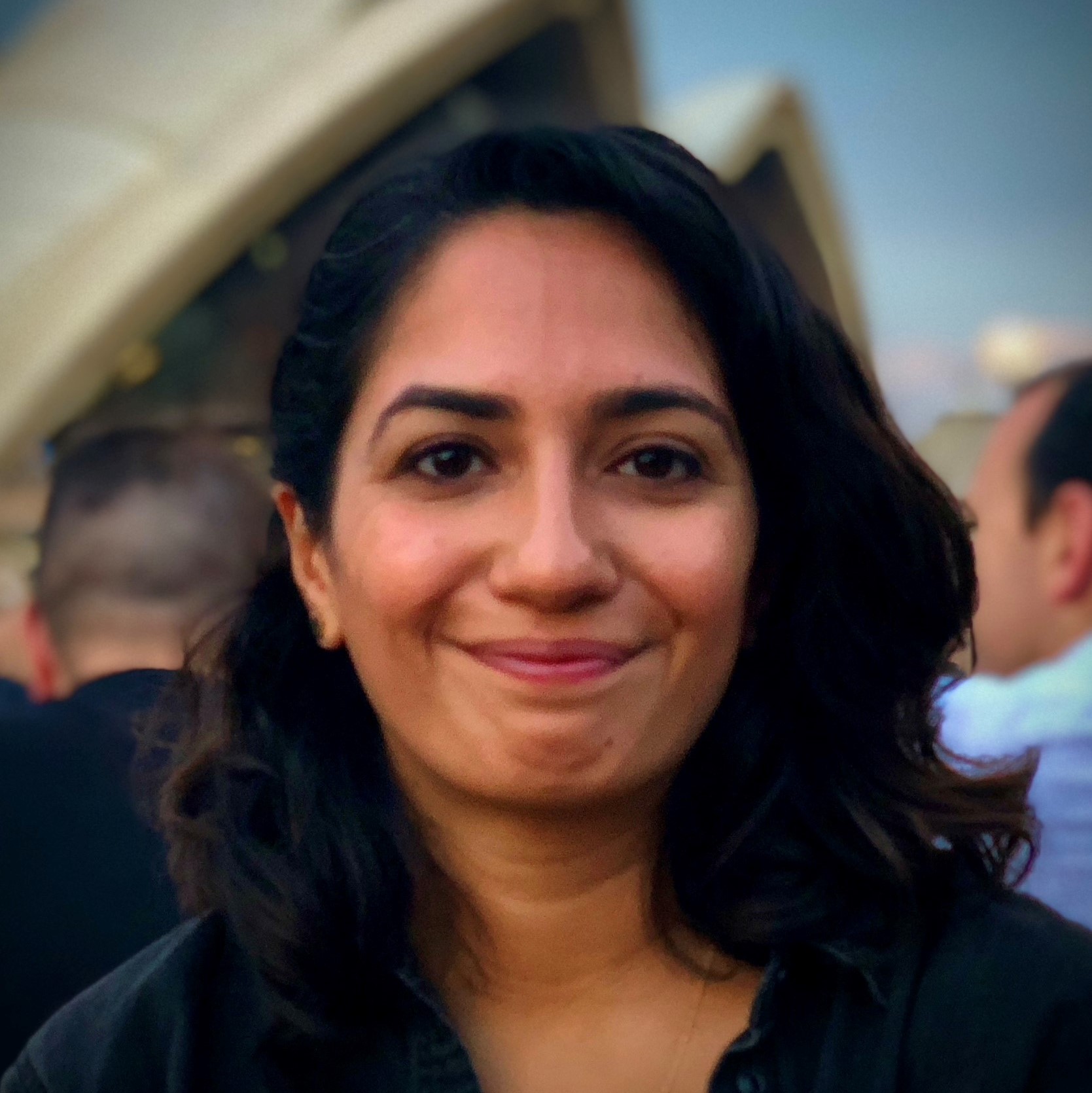
Amna Bajwa, Programme Coordinator, Global Programmes, Better Cotton (USA)
Amna works to expand Better Cotton’s impact within large farm networks as a key counterpart to Better Cotton’s Strategic Partners, who manage benchmarked sustainable cotton production standards. Based just outside the U.S. cotton belt, Amna also coordinates Better Cotton’s U.S. field and assurance activities and learns something new from U.S. cotton farmers each season about continuous improvement. Before Better Cotton, she worked on USAID trade facilitation projects in the Asia-Pacific, Latin America and West Africa. She then pursued her passion for sustainability in the textile and apparel sector with a master's degree in environment and sustainability from University College London.
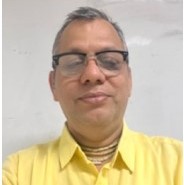
Ajay Sharma, Head Supply Chain Management and Raw Material Procurement, The Raymond Group (India)
Ajay has a wealth of experience in spinning across various Indian companies. He joined the Raymond Group in 1997 and has worked across various roles. He is today the Head of Supply Chain Management and Raw Material Procurement and has participated in the YESS pilot led by RSS.
.jpg)
Amit Shah, CEO & Founding Director, Spectrum Cottfibers LLP (India)
Spectrum Cottfibers took shape in 1998 by the vision of Amit Shah, CEO and Founding Director. Since then, he has been involved in growing, ginning and trading 100% sustainable cotton only. Spectrum and its partners work with over 100,000 marginal farmer families to grow organic and Better cotton in India. Amit also serves on the Better Cotton board as treasurer as well as the Textile Exchange board as secretary.
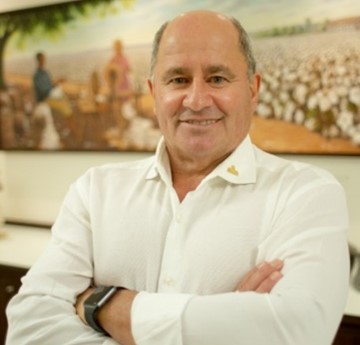
Júlio Cézar Busato, President, Responsible Brazilian Cotton - ABRAPA (Brazil)
Júlio is the descendant of a long line of farmers from a region in southern Brazil, which inspired his training as an Agricultural Engineer. In 1987, he moved to Bahia State where he founded the Busato Farm with his family. Busato Farm is certified by Brazilian Responsible Cotton (ABR) and Licensed Better Cotton since 2013. Júlio and all farm employees are committed to sustainability and continuous improvement. He is an active and recognized leader in various associations in Brazil such as the Bahia Association of Cotton Producers. Also, he has served in various forums, councils and chambers of the agricultural sector.

Jason Clay, SVP Market Transformation and Executive Director, The Markets Institute, WWF-US (USA)
Jason works on performance standards and metrics, convincing WWF to begin working on food and agriculture and with companies to make their supply chains more sustainable and resilient. Along with Mark Eckstein of the IFC, he co-hosted the first meeting of the Better Cotton Initiative.
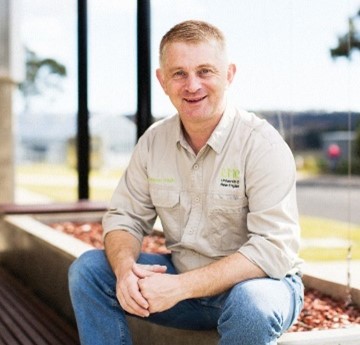
Oliver Knox, Associate Professor of Soil systems biology, University of New England (Australia)
Oliver has been working on cotton since 2004. He has applied his knowledge of soil microbiology and agronomy to address the challenges posed by GMOs and pesticide use in the past but has recently turned his attention to circularity that incorporates sustainable soil management.
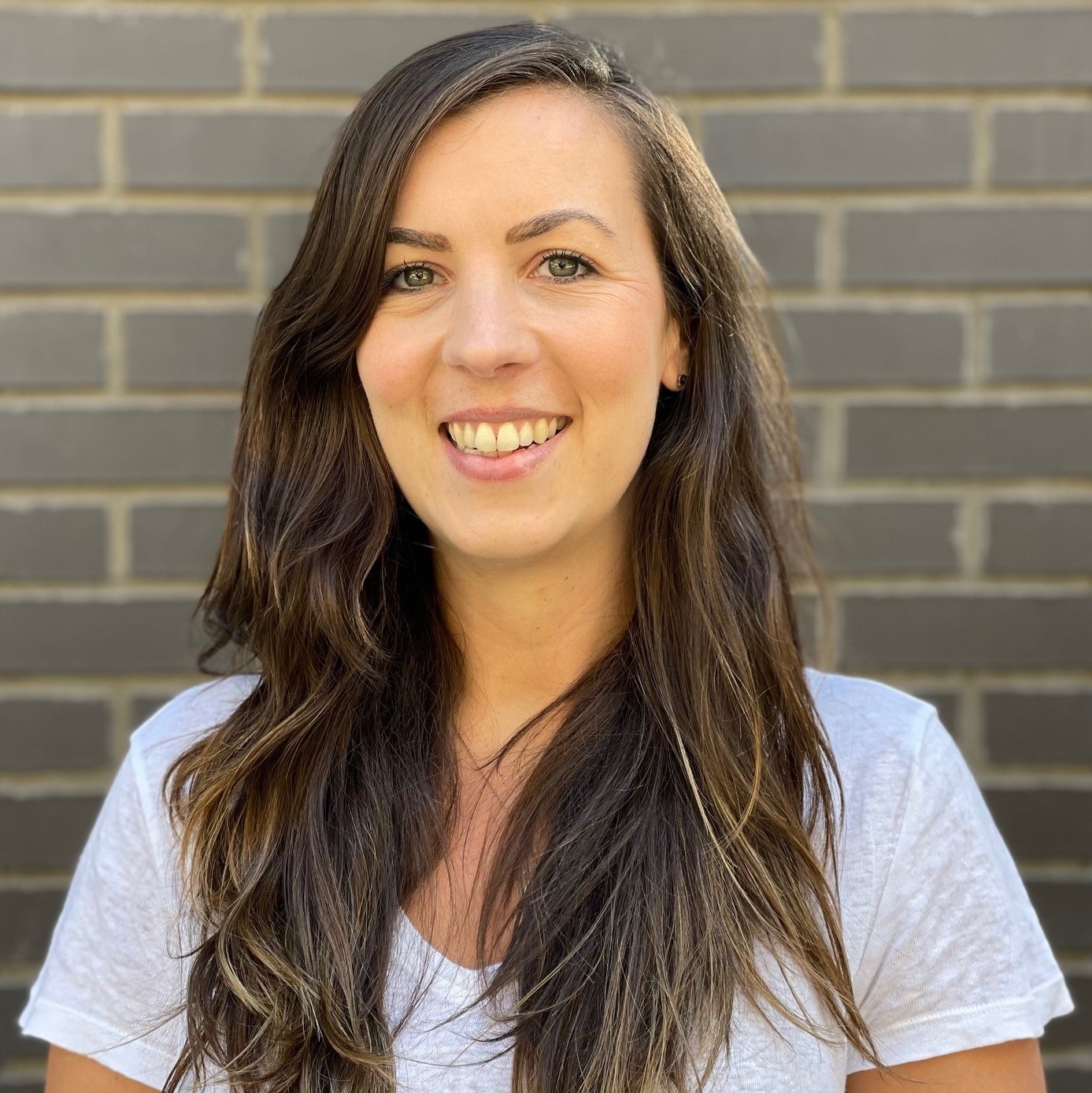
Emma Dennis, Senior Manager, Sustainable Agricultural Practice, Better Cotton (UK)
Emma is part of the global programmes team, supporting the evolution of a global approach to capacity building that can deliver impact at scale. She is responsible for the development of the soil health and smallholder livelihoods 2030 targets areas. Before joining Better Cotton in 2020, she trained and worked as an agronomist and led the technical team at a rural development organization seeking to reduce poverty in East Africa through engagement with smallholders.
Iain Watt, Founder, IJW Climate Strategy (UK)
Iain has over twenty years’ experience advising and challenging business on climate risk and climate strategy.
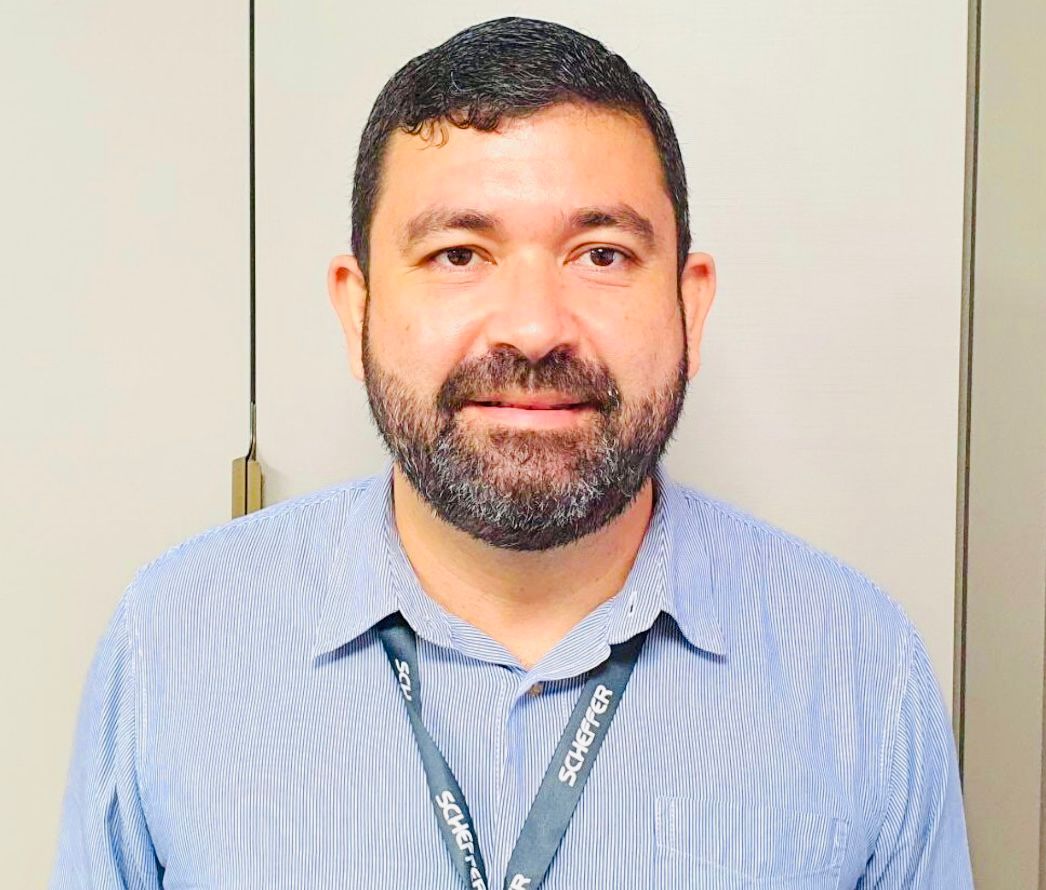
Thiago Souza, R&D Management and Innovation on Regenerative Agriculture, Scheffer Group
Mr. Thiago is Agronomist, doctor in plant genetics and microorganisms. Experience of 15 years in agricultural research in tropical climate, the last 5 years dedicated to R&D management. Since last year he is the head of R&D at Scheffer group. A large farm cotton producer in Brazil.
About Better Cotton
Better Cotton is the world’s leading sustainability initiative for cotton. Through our network of field-level partners we have trained over 2.5 million farmers in 25 countries in more sustainable farming practices. Nearly a quarter of the world’s cotton is now grown under the Better Cotton Standard.

2022 Sponsors
